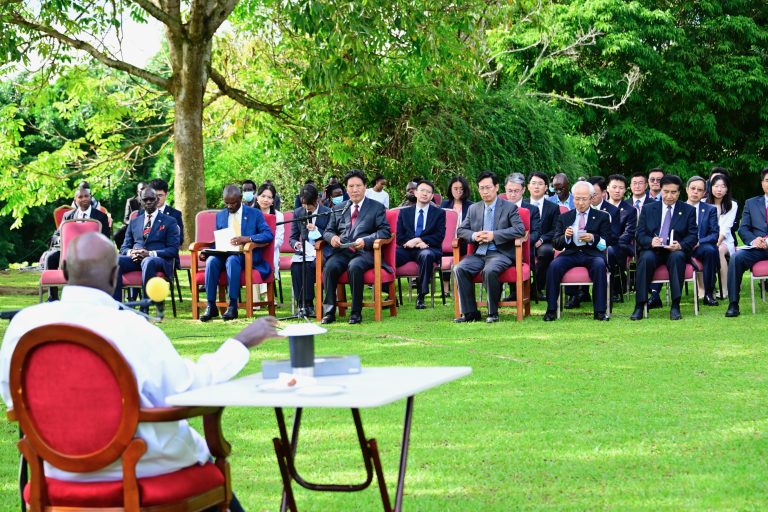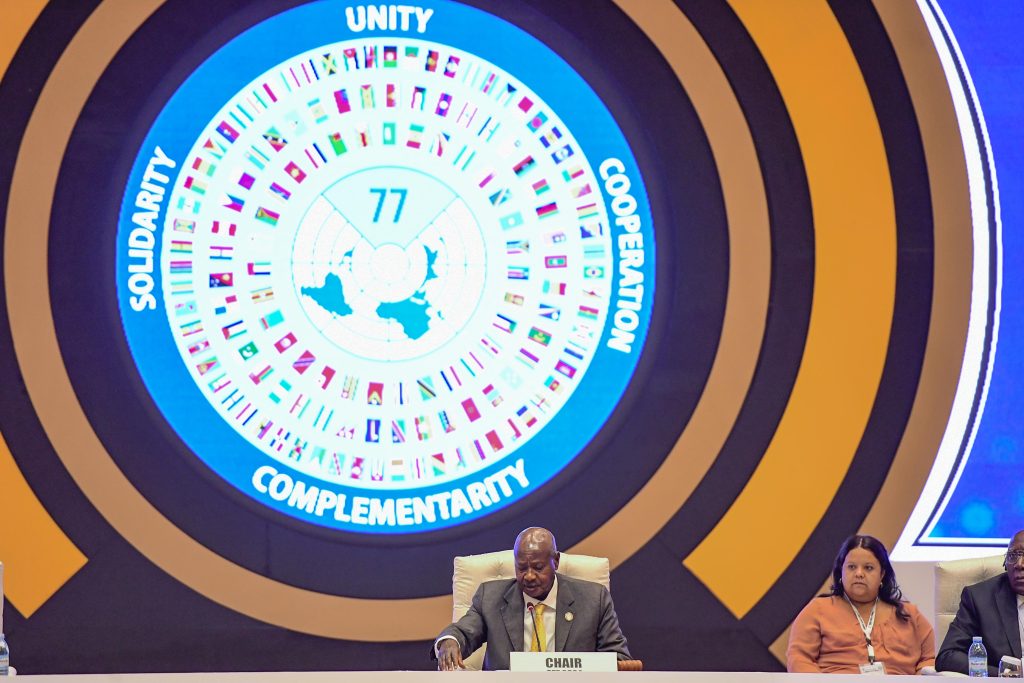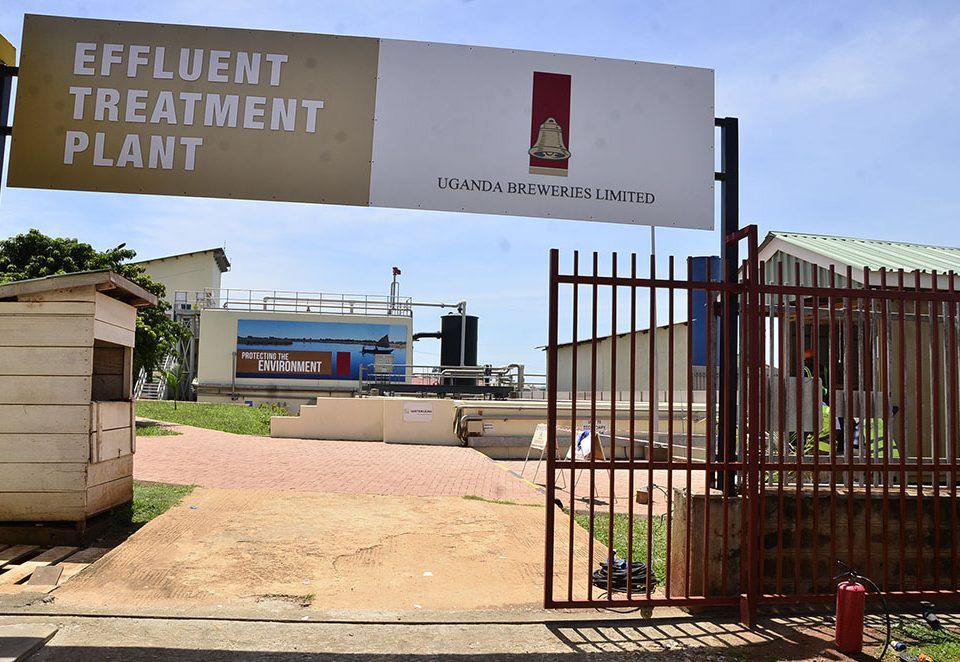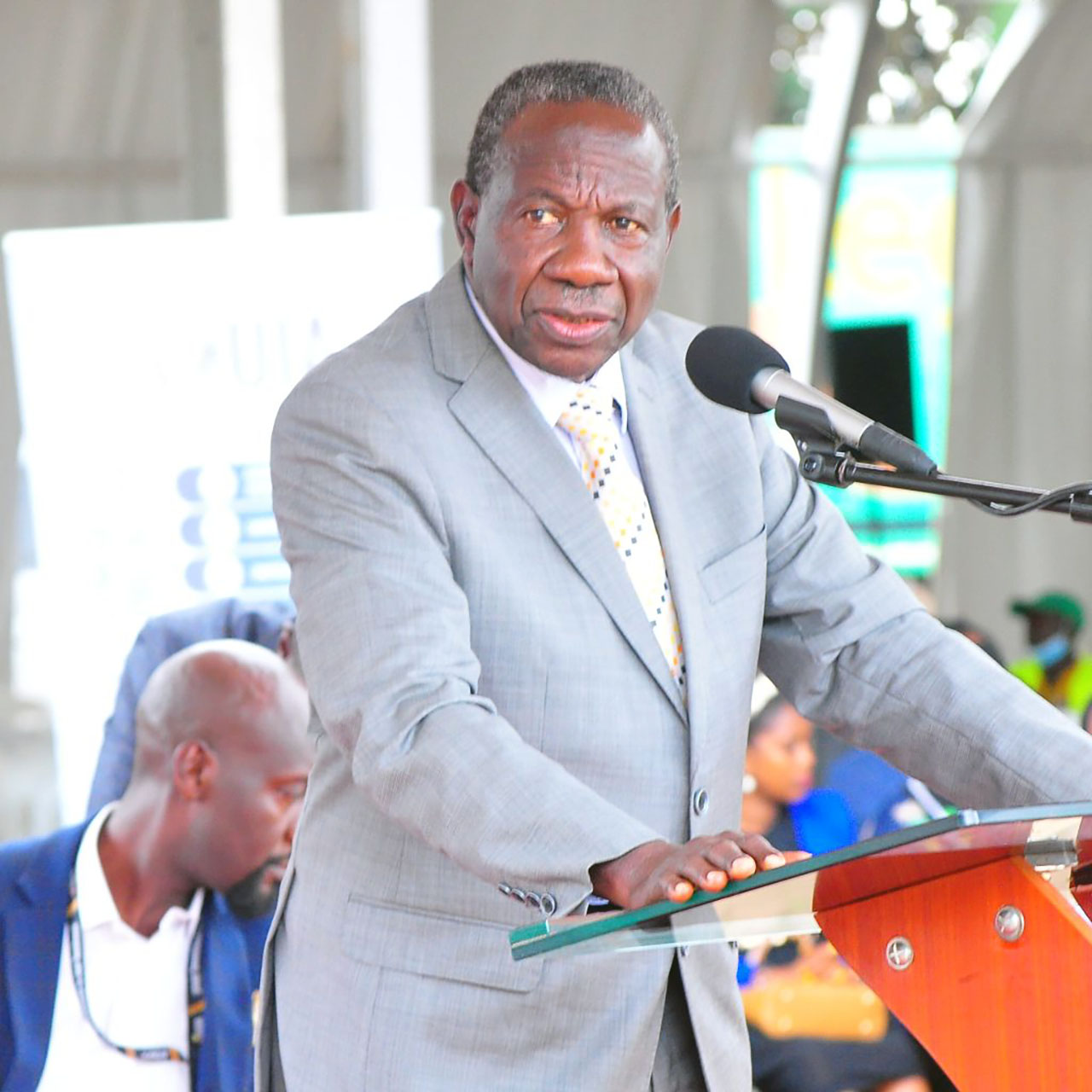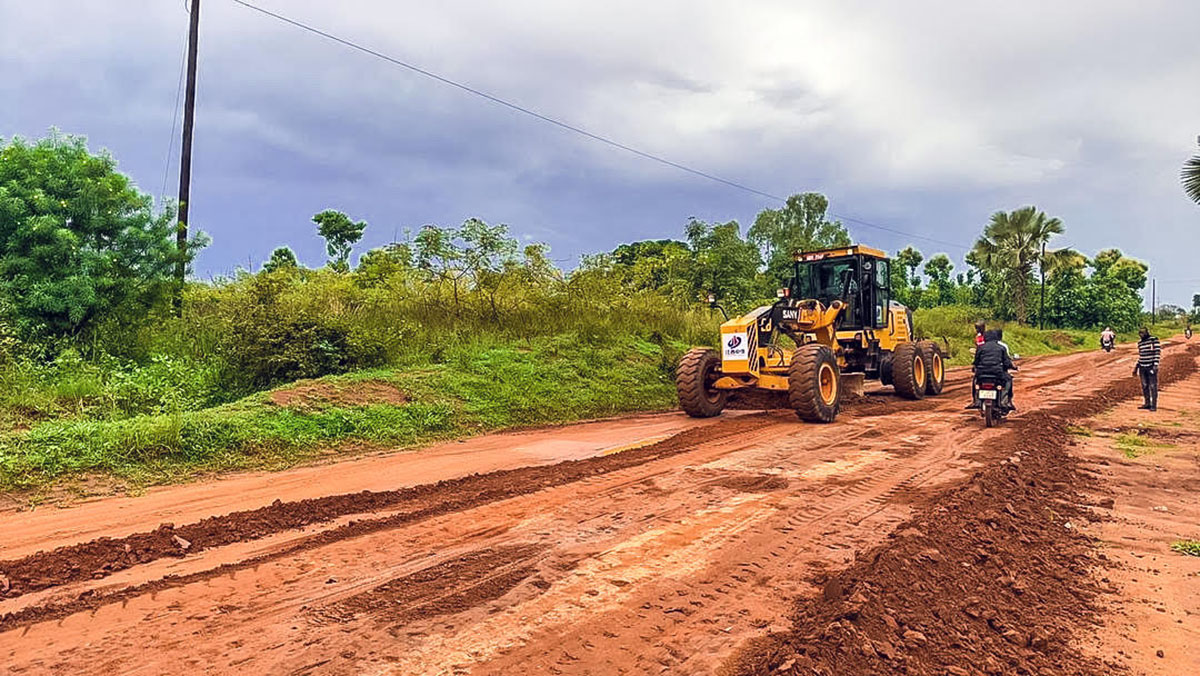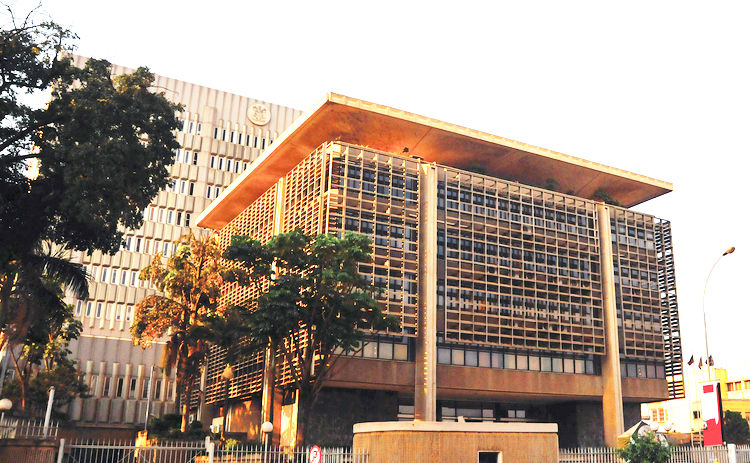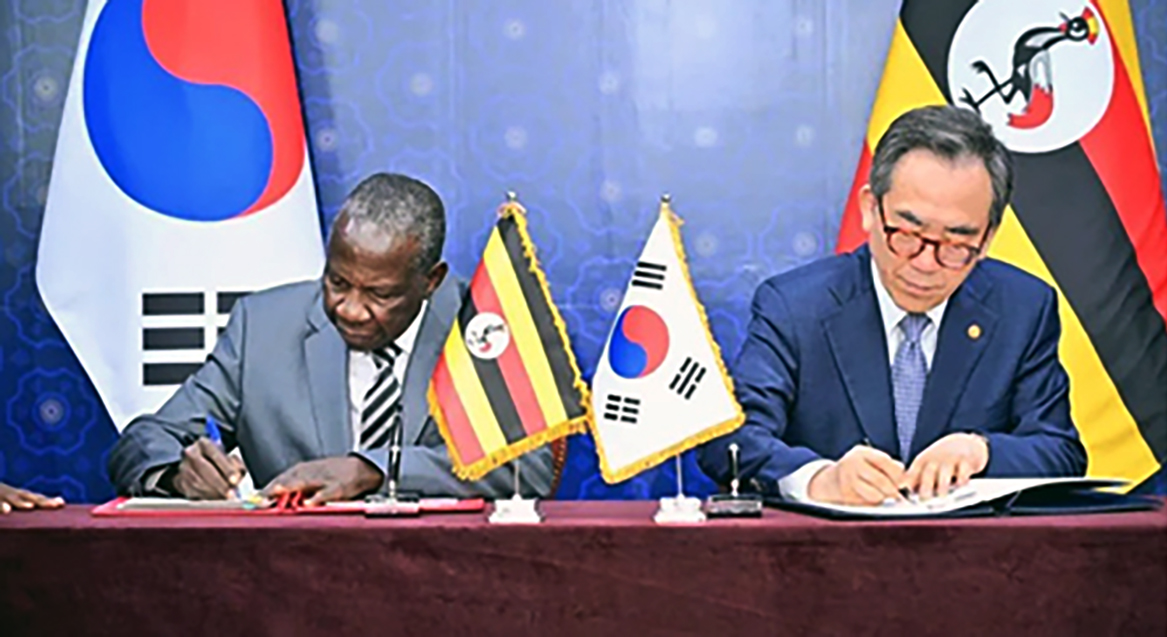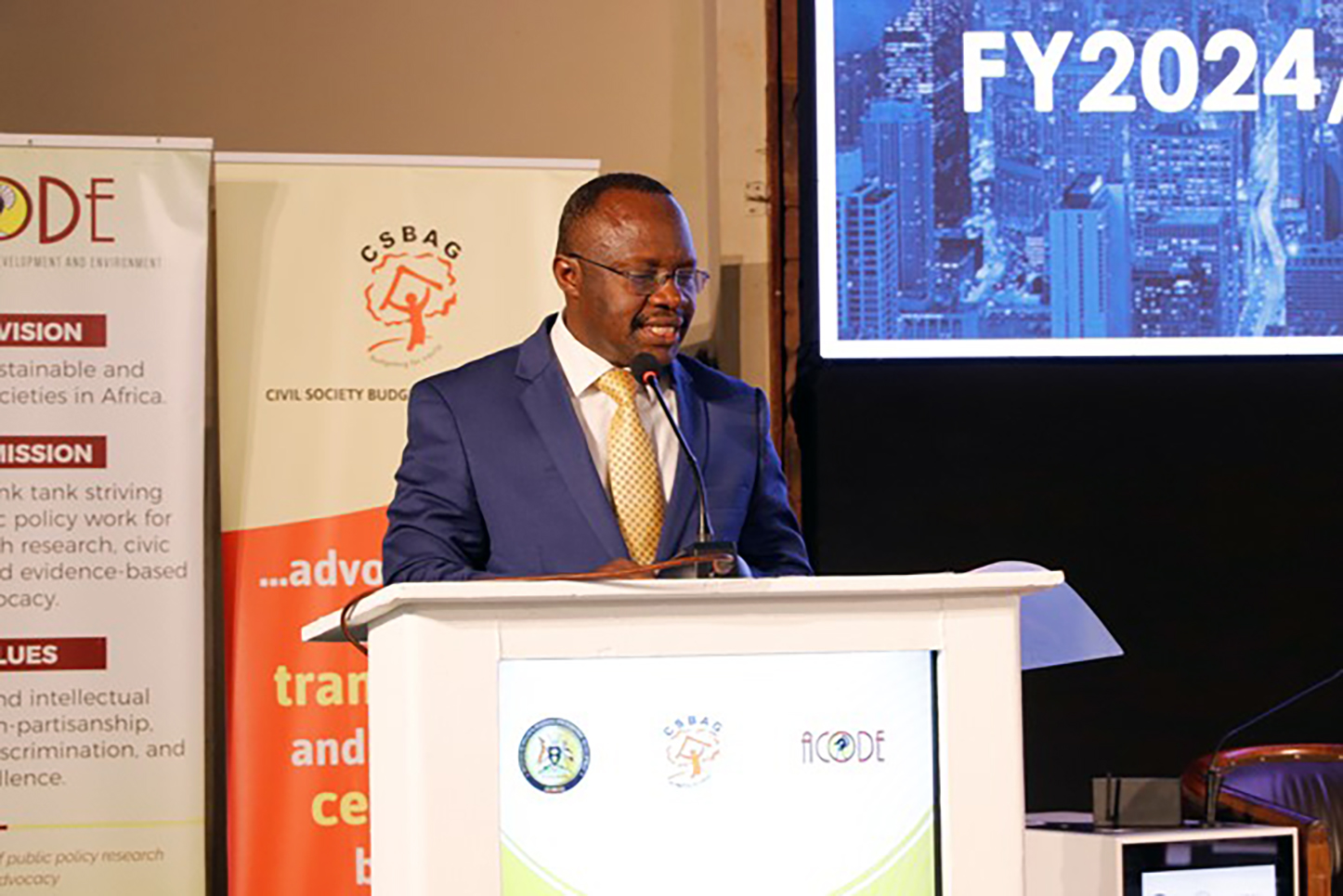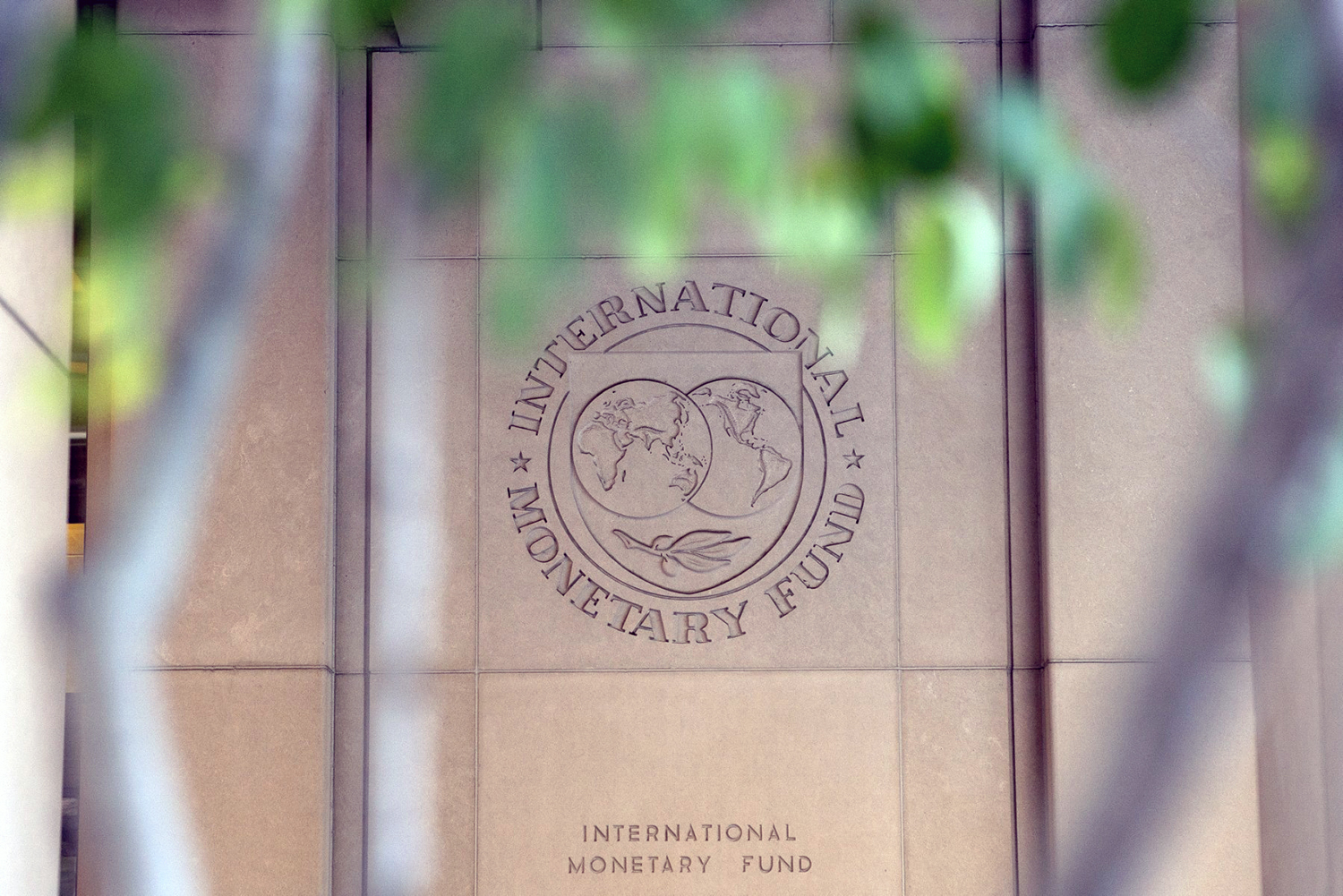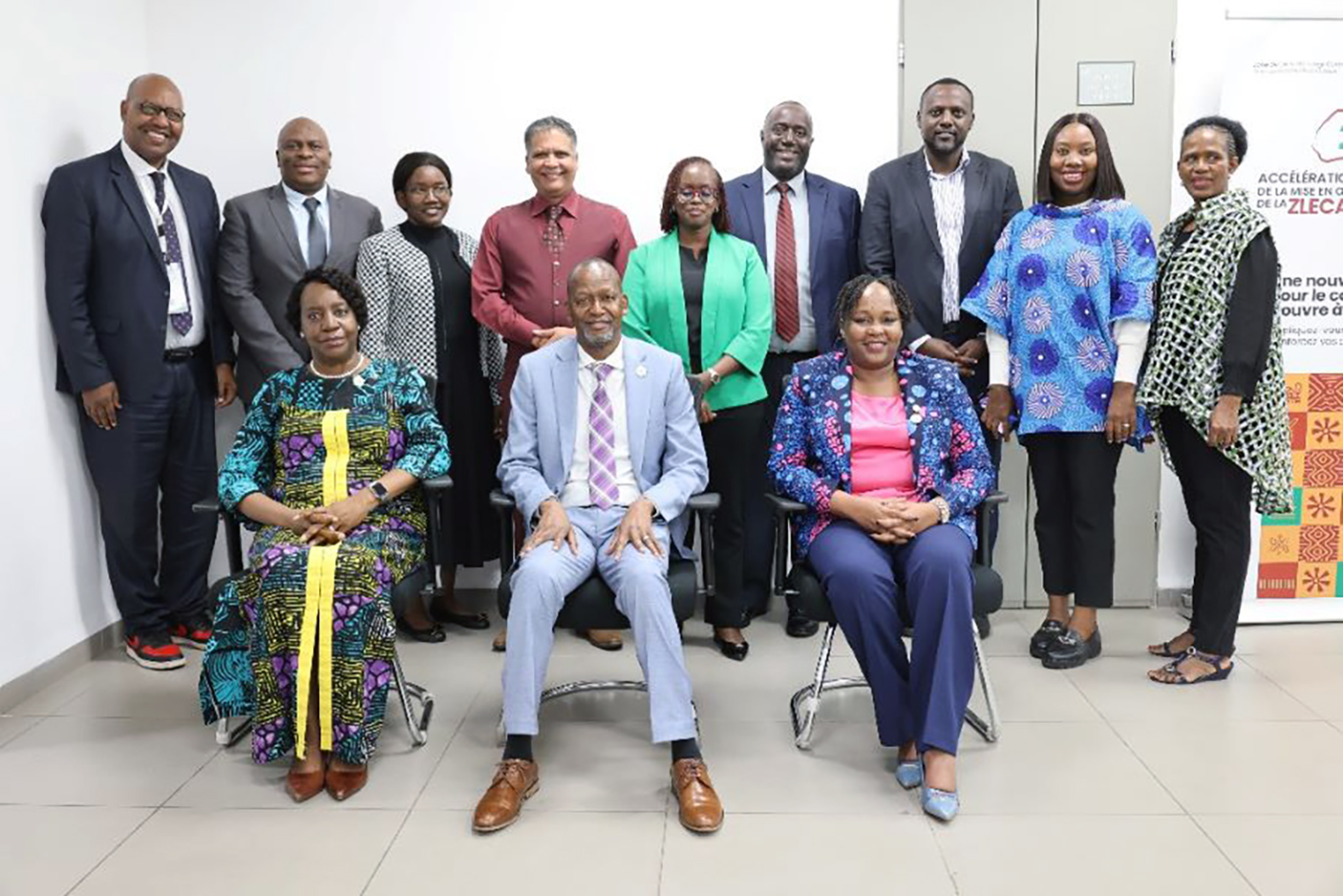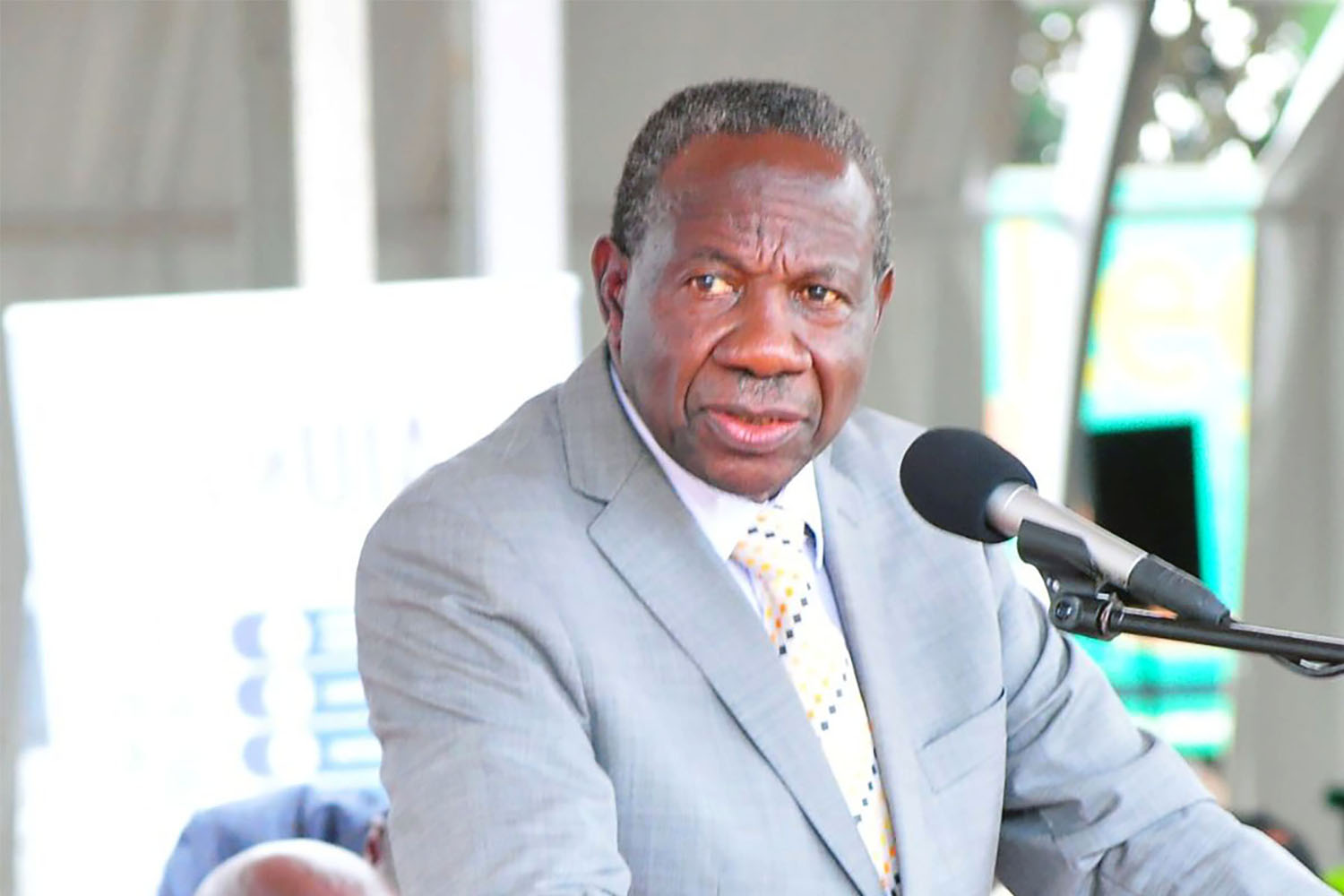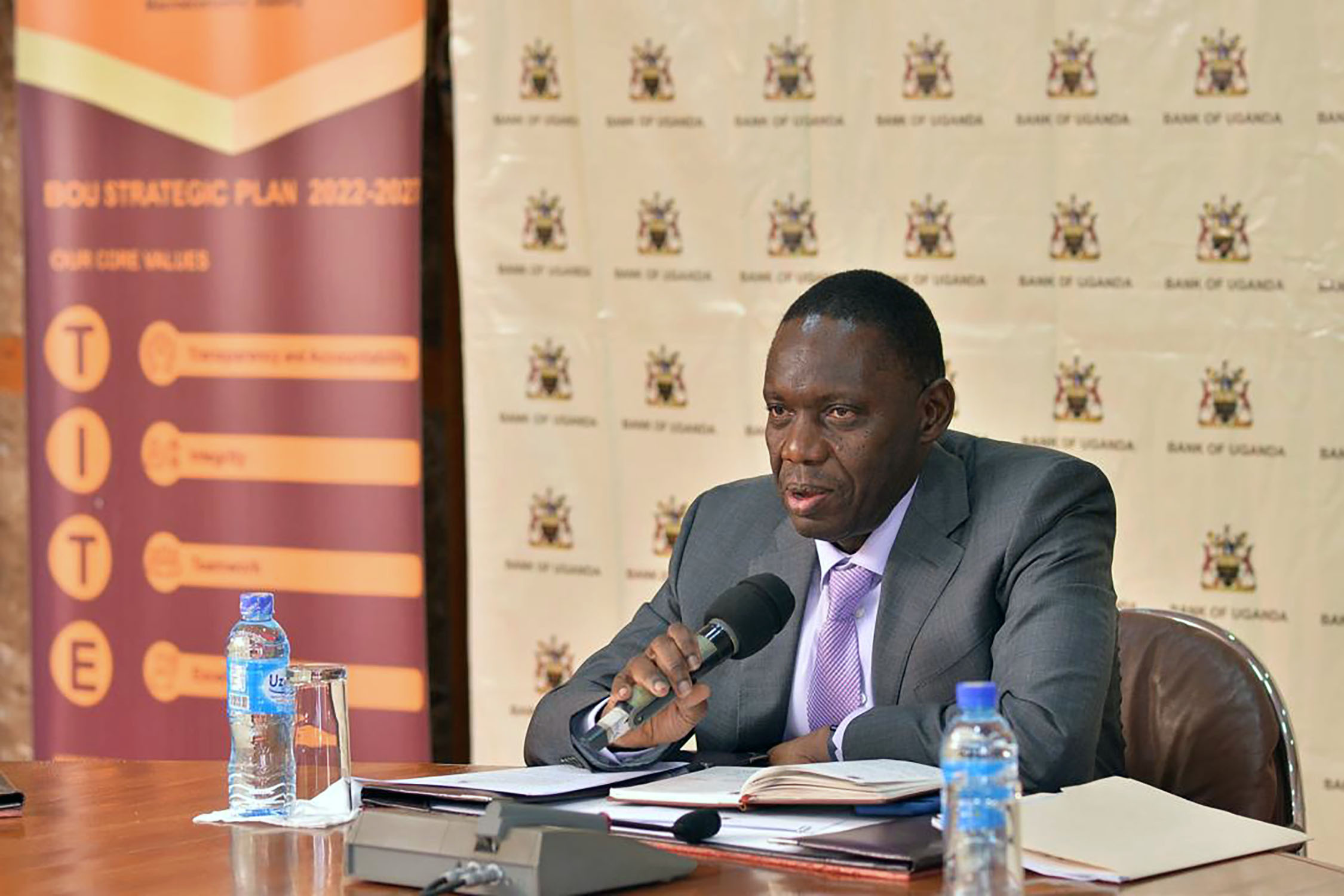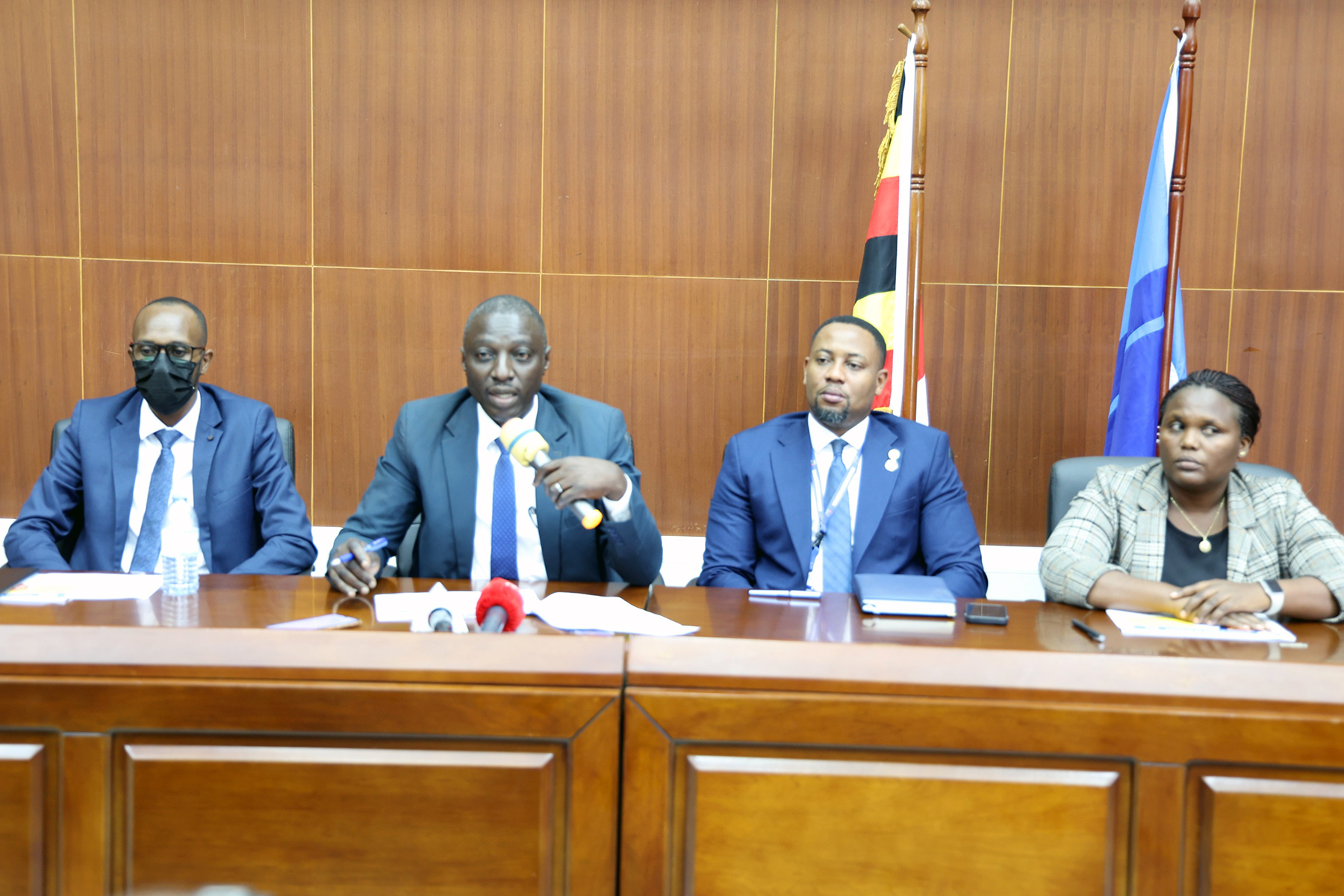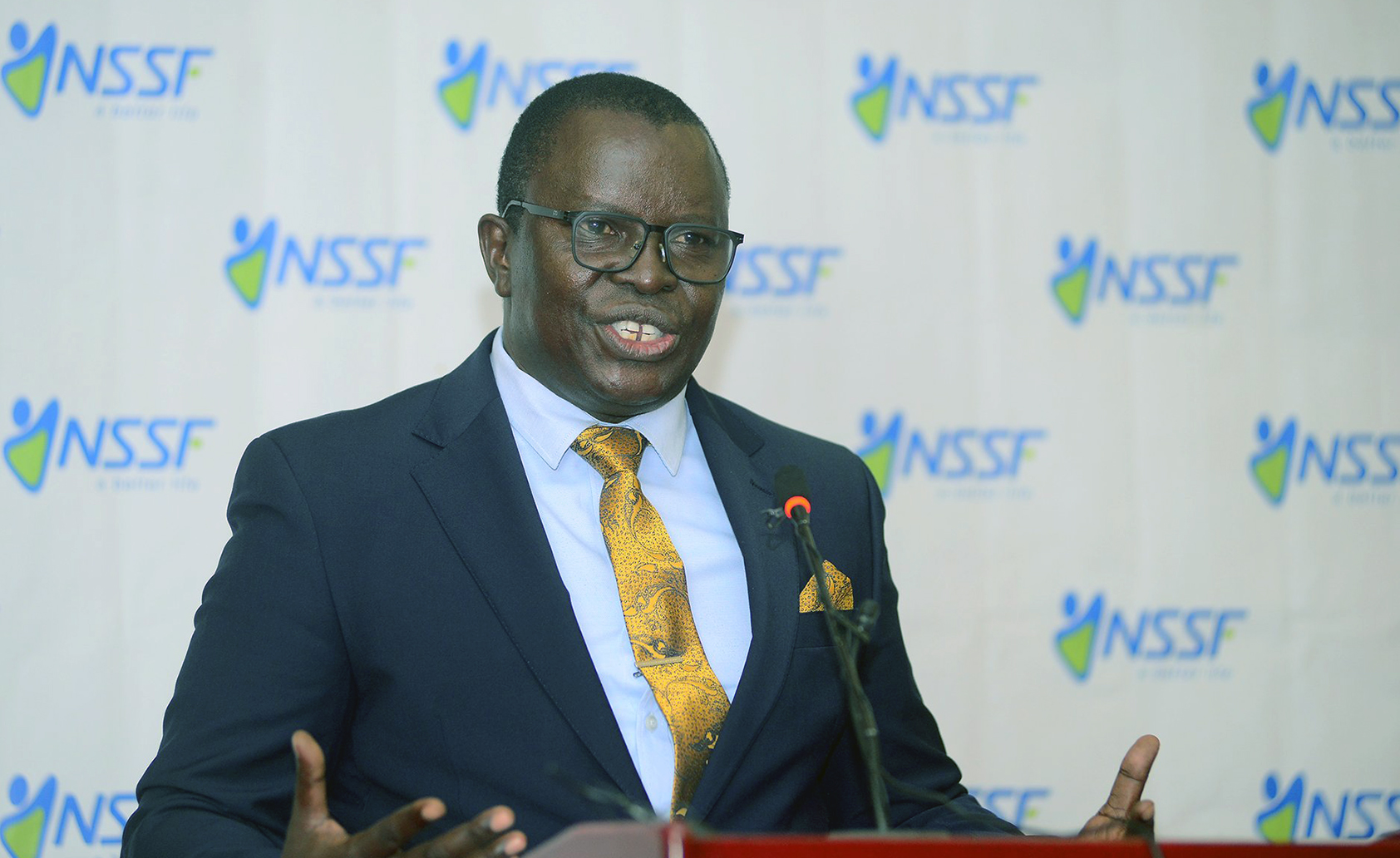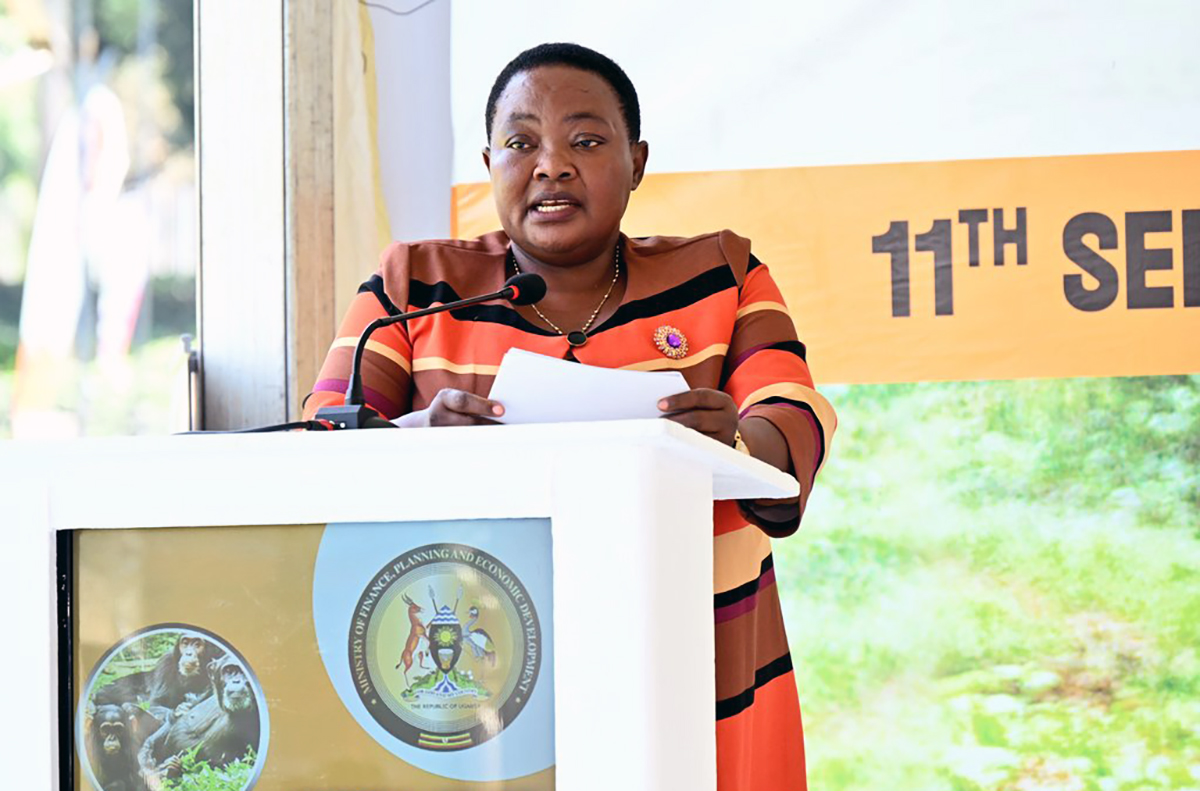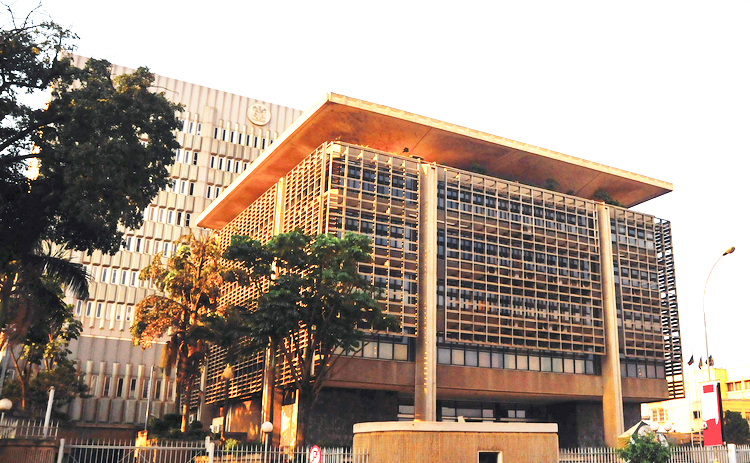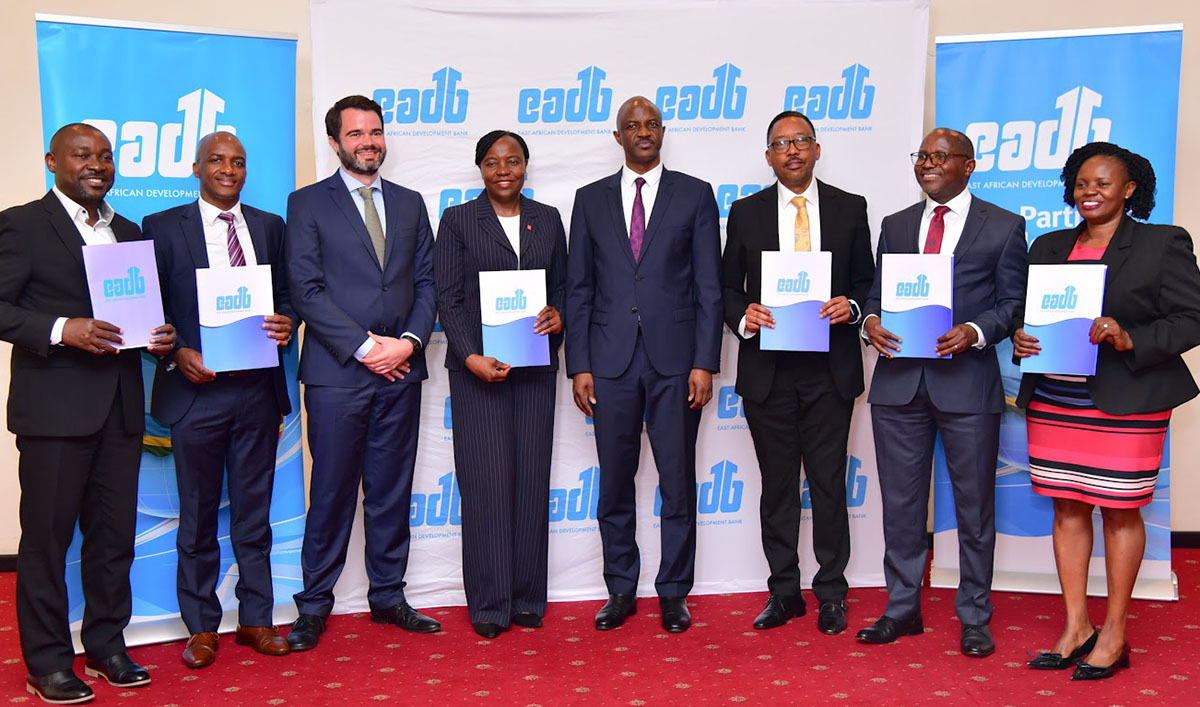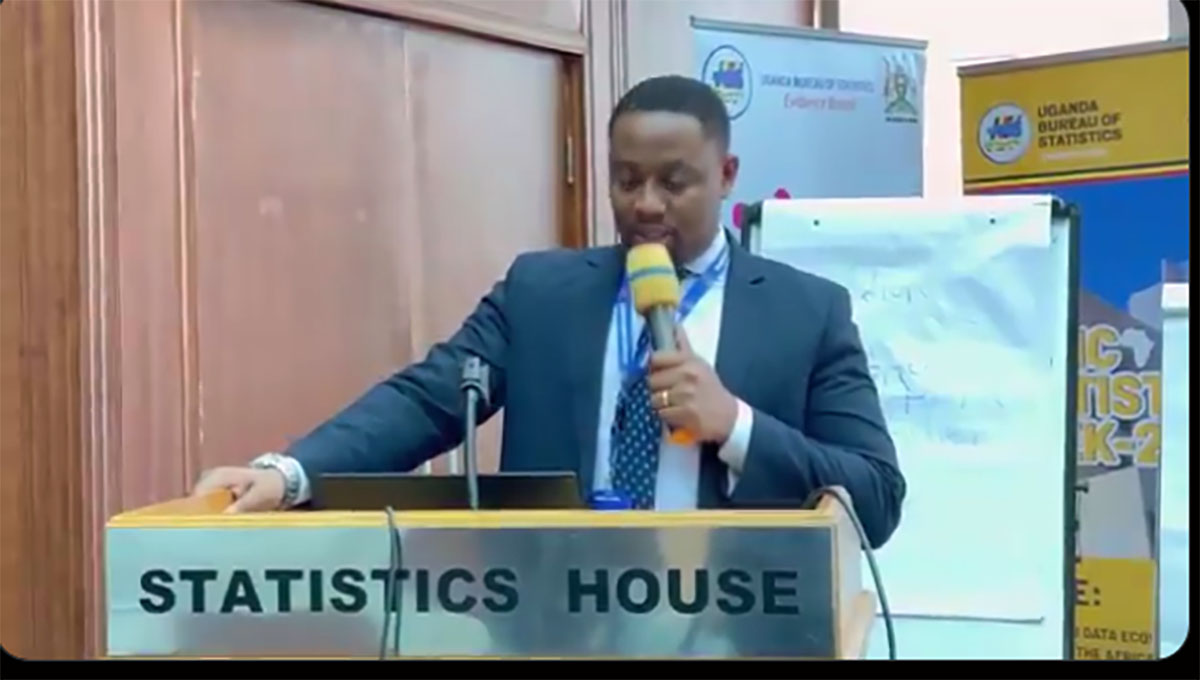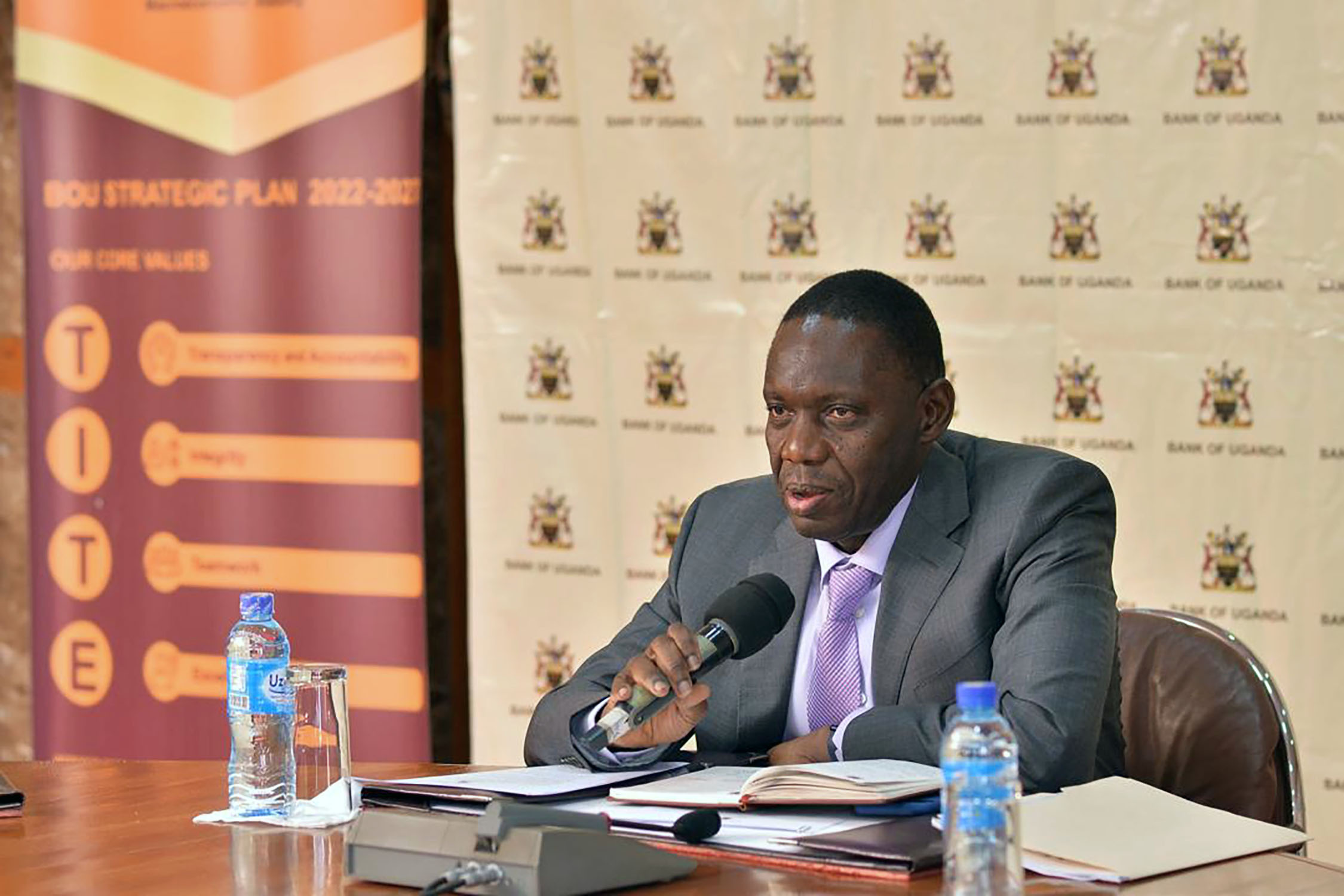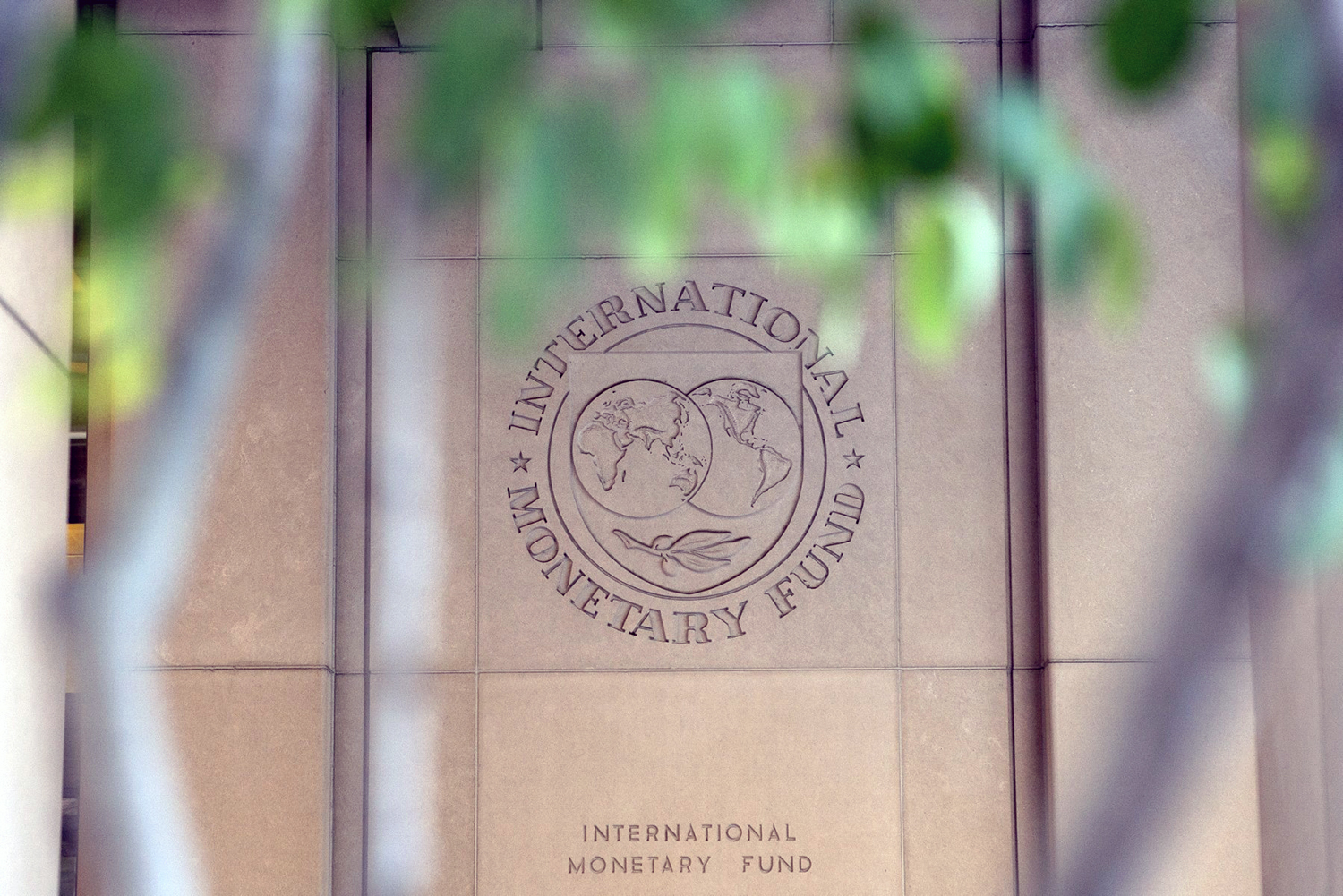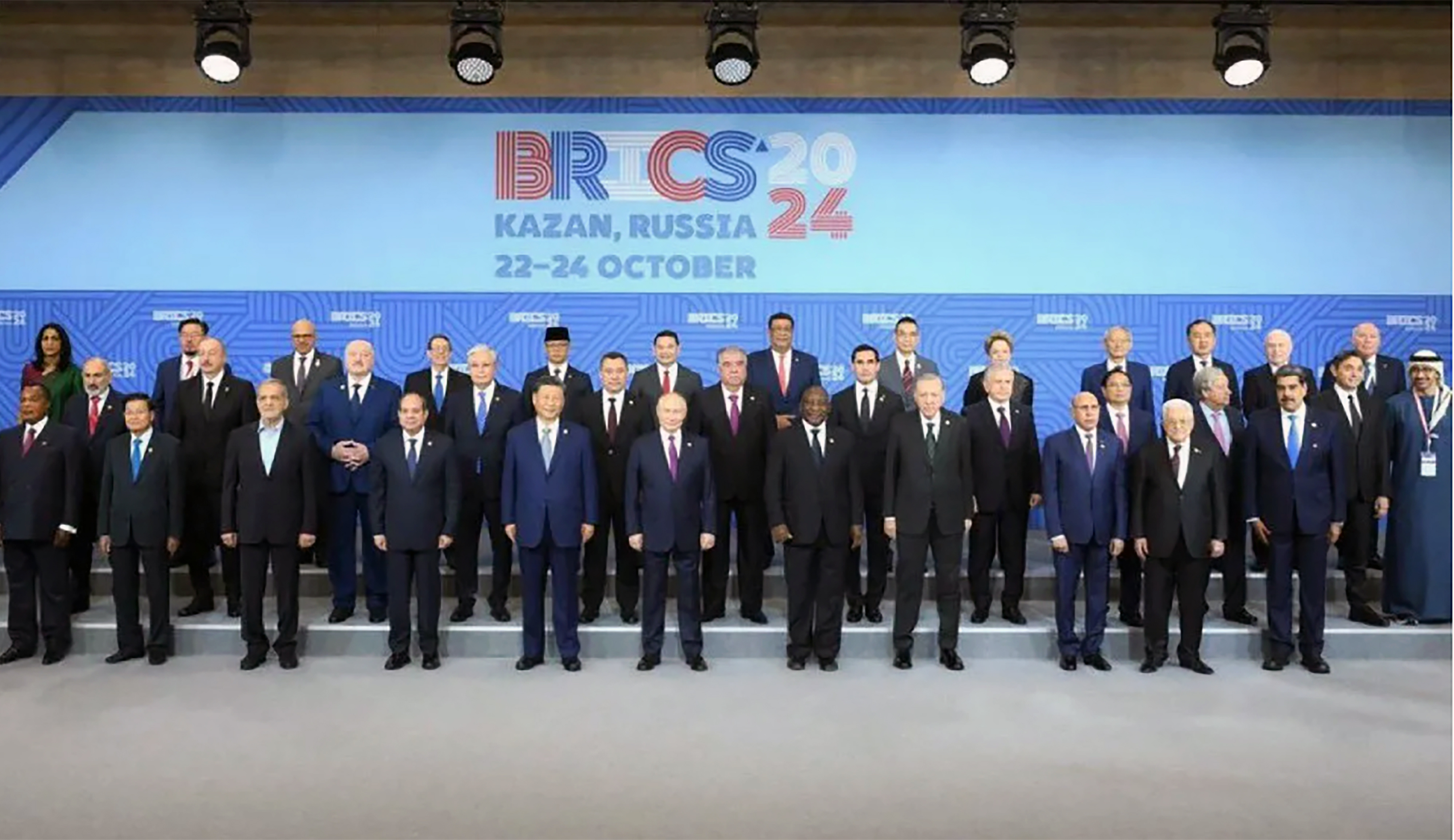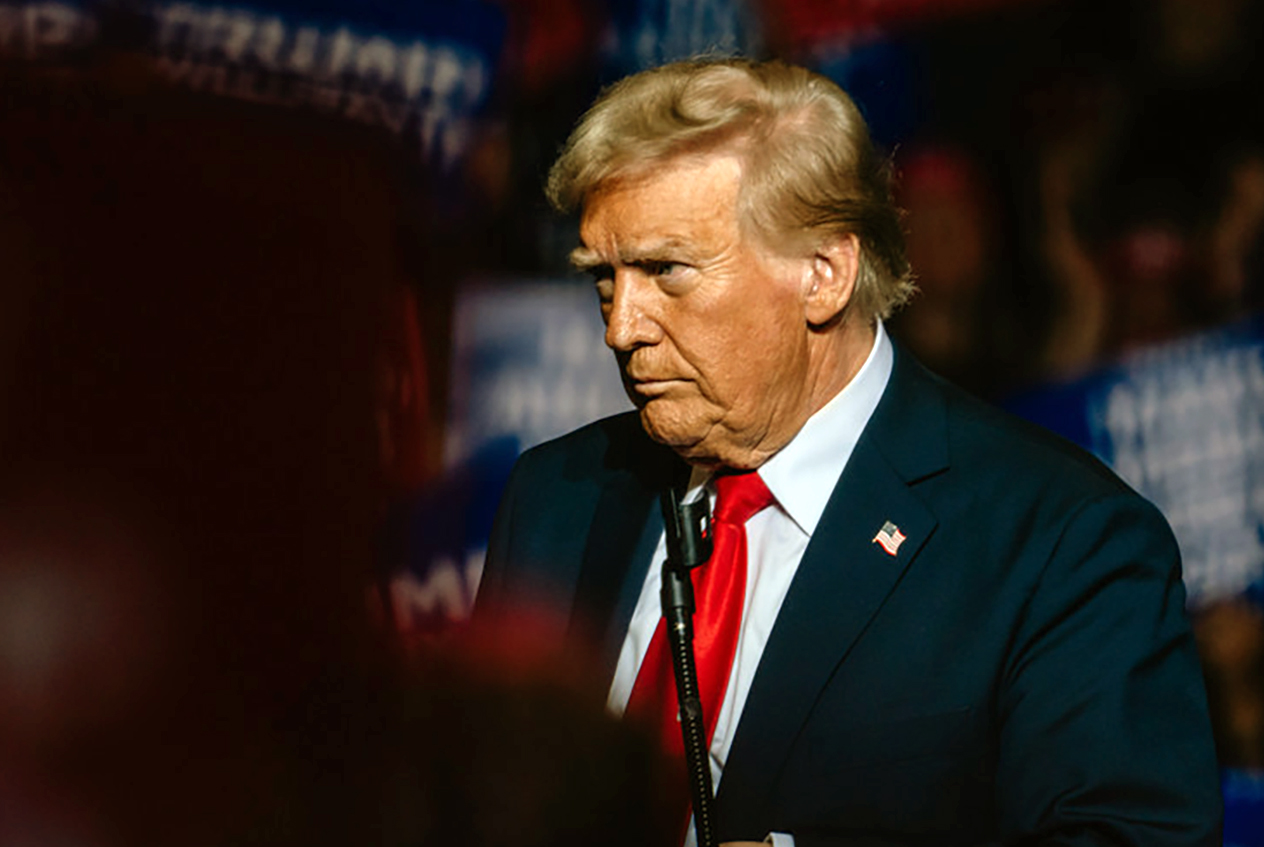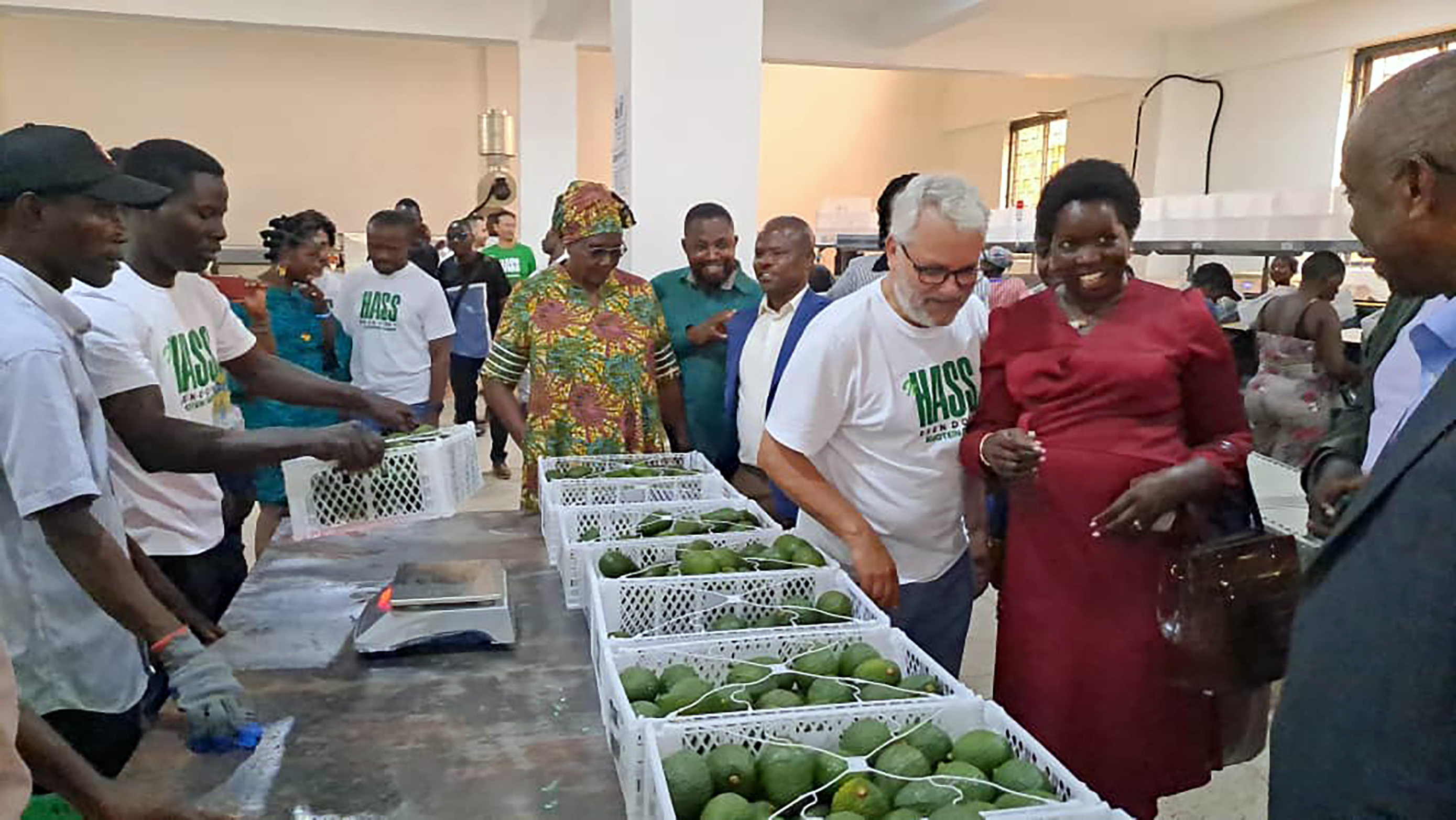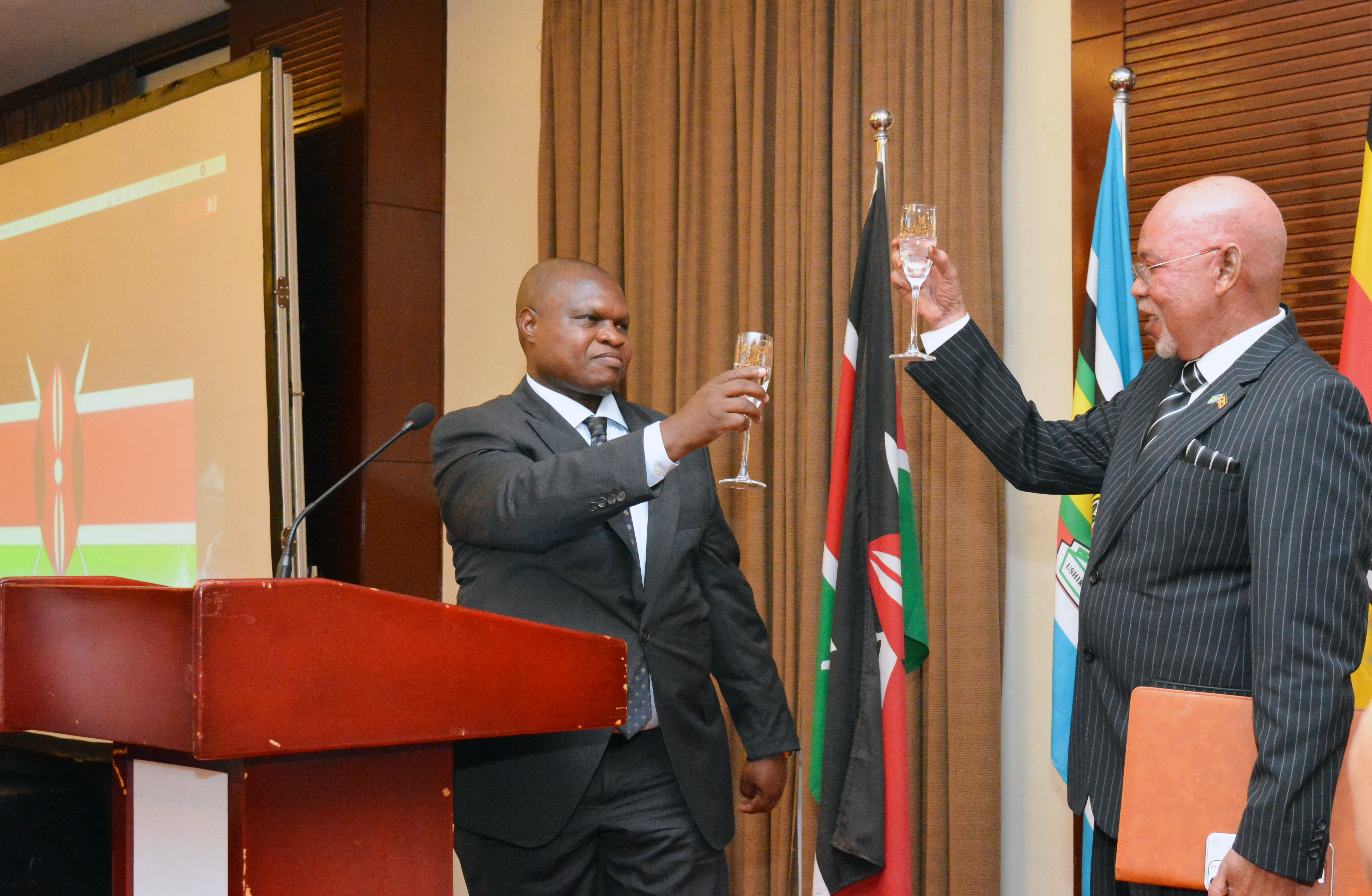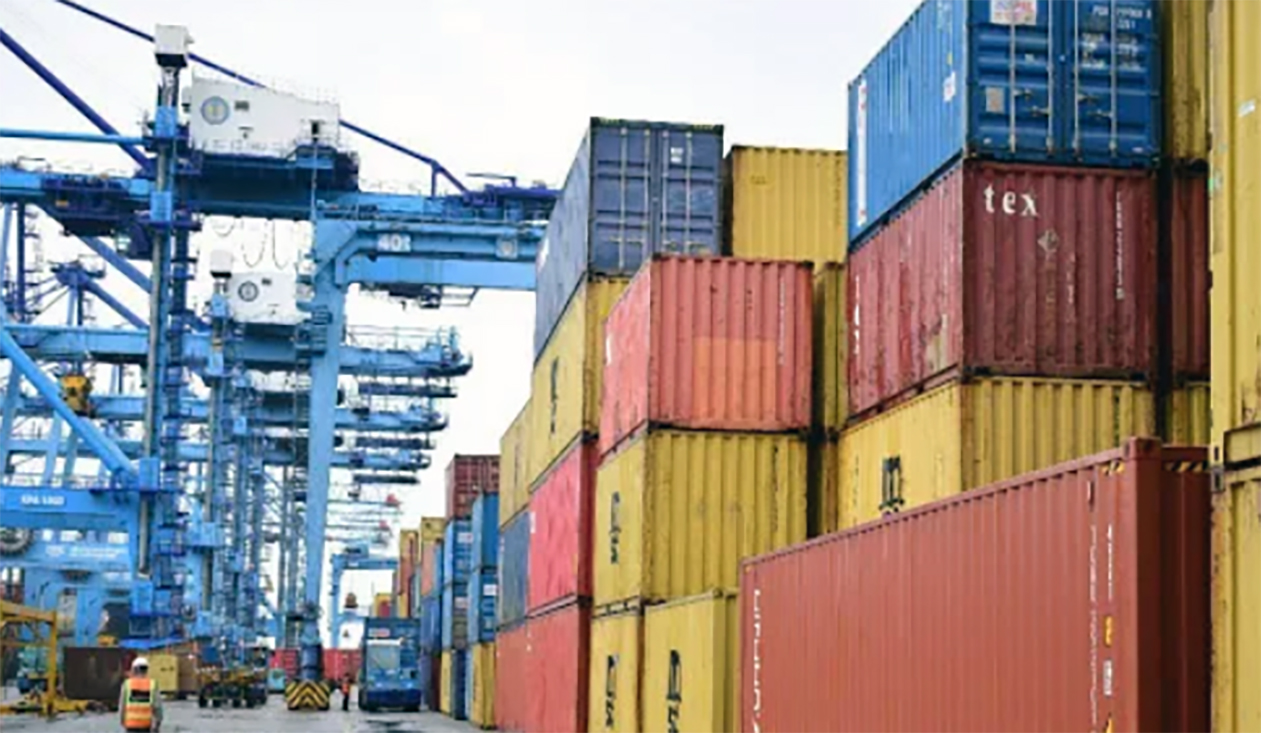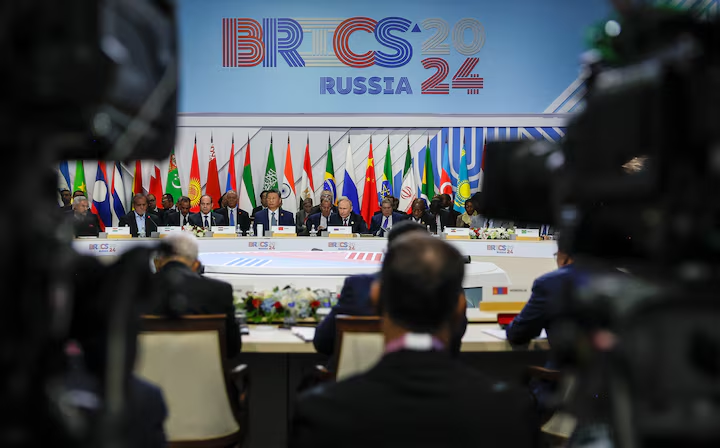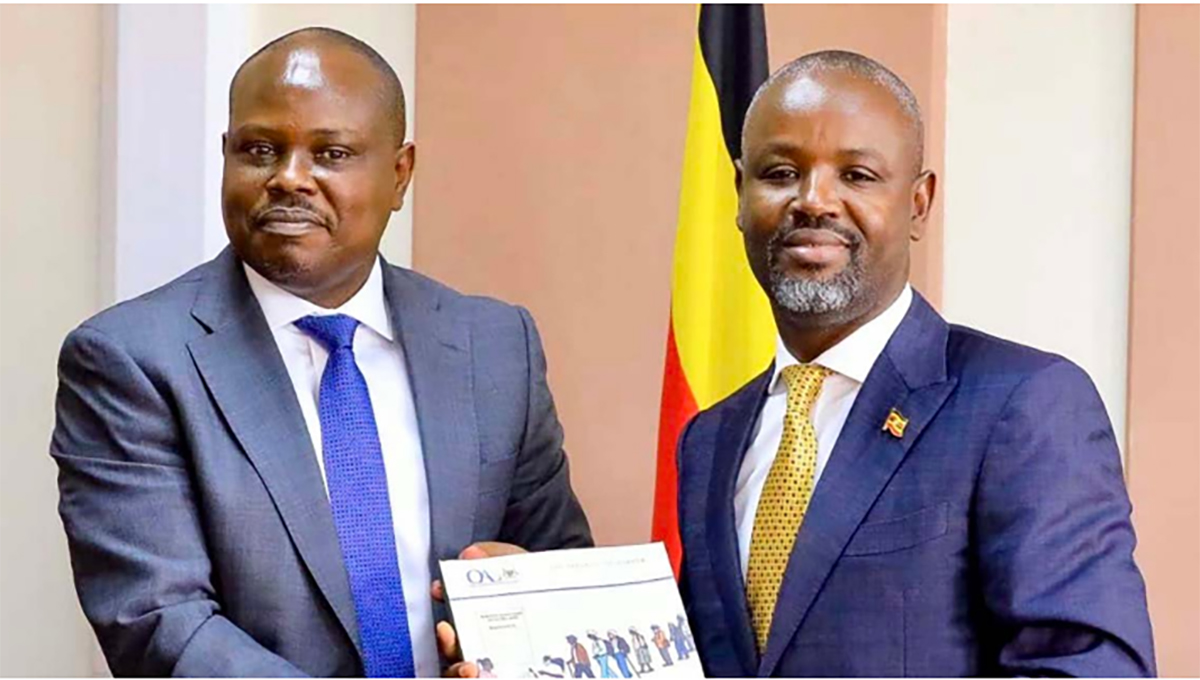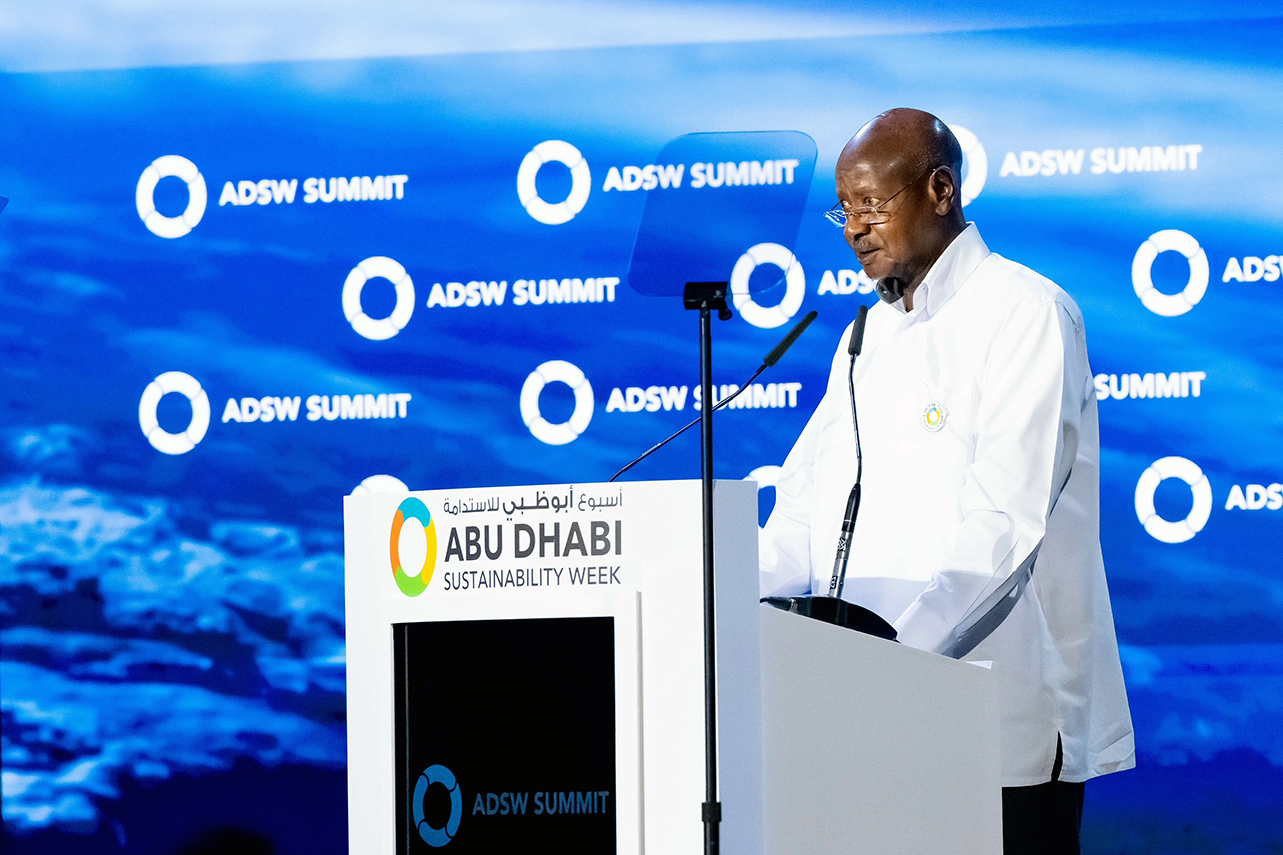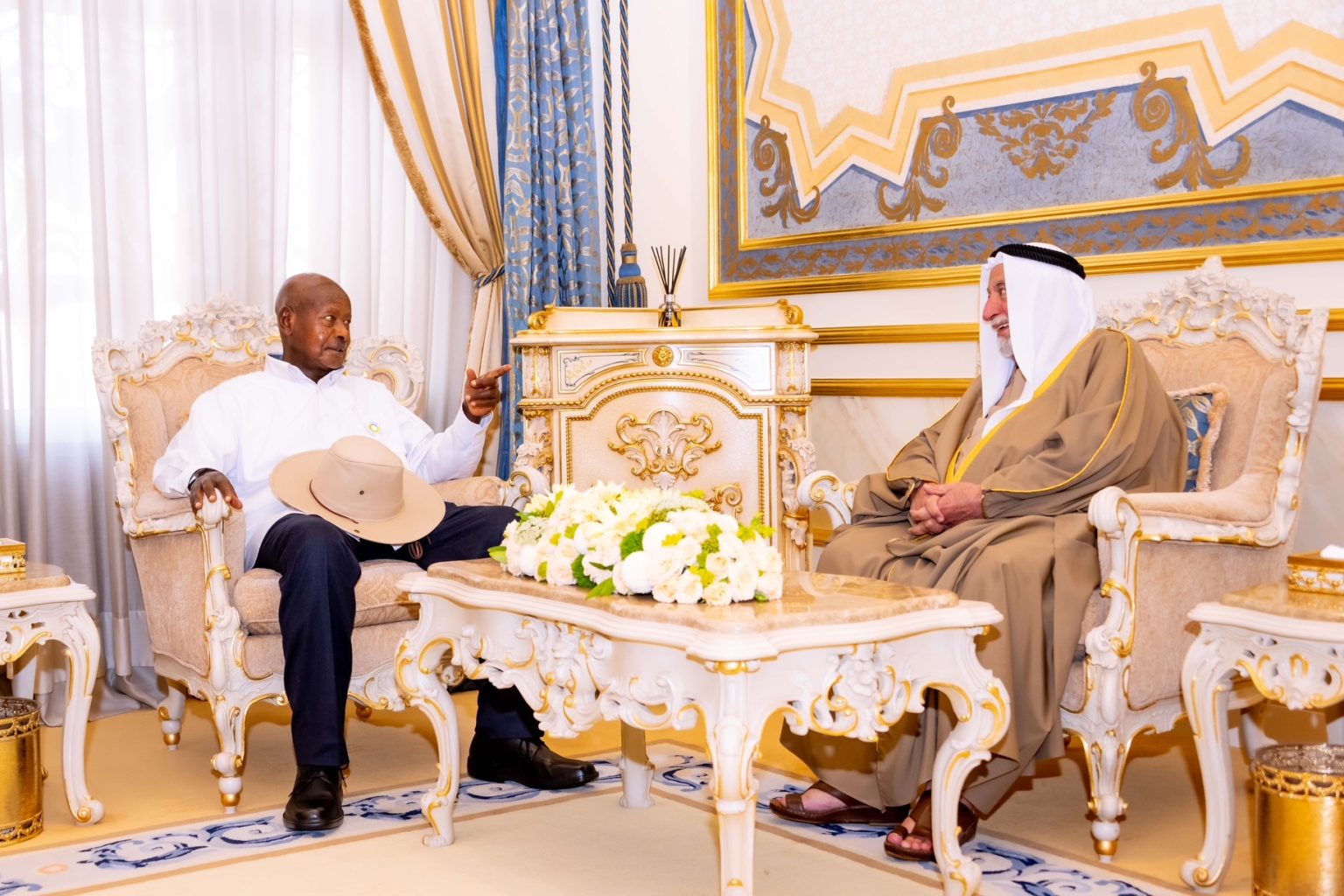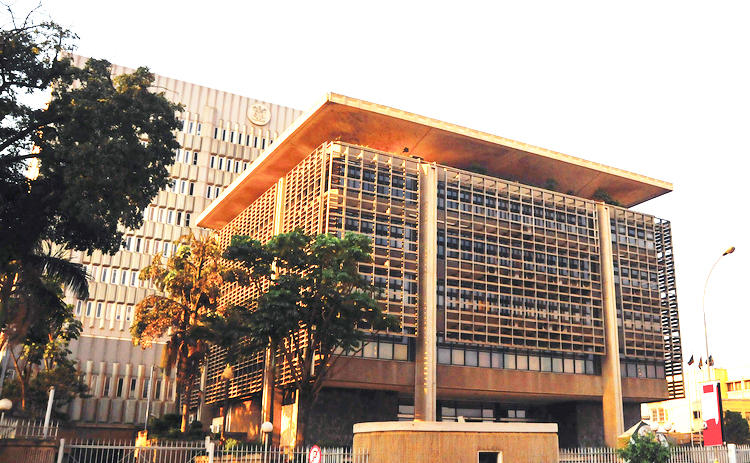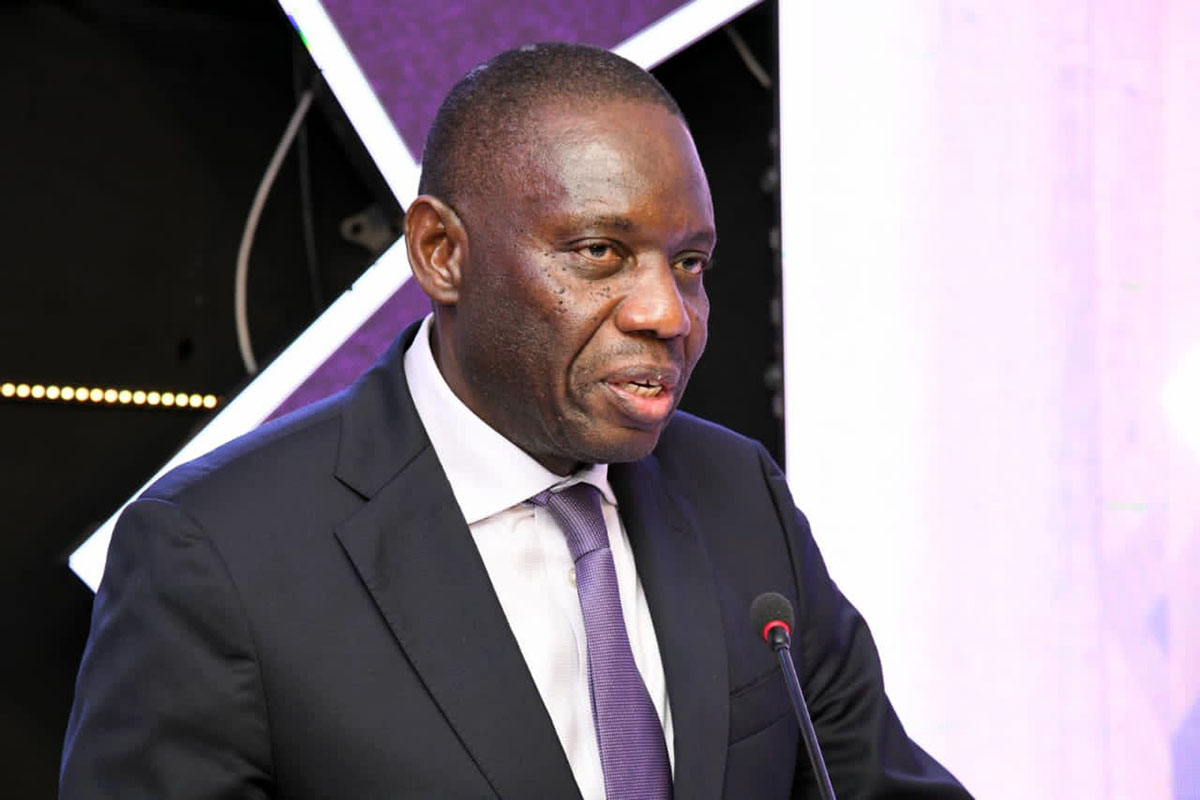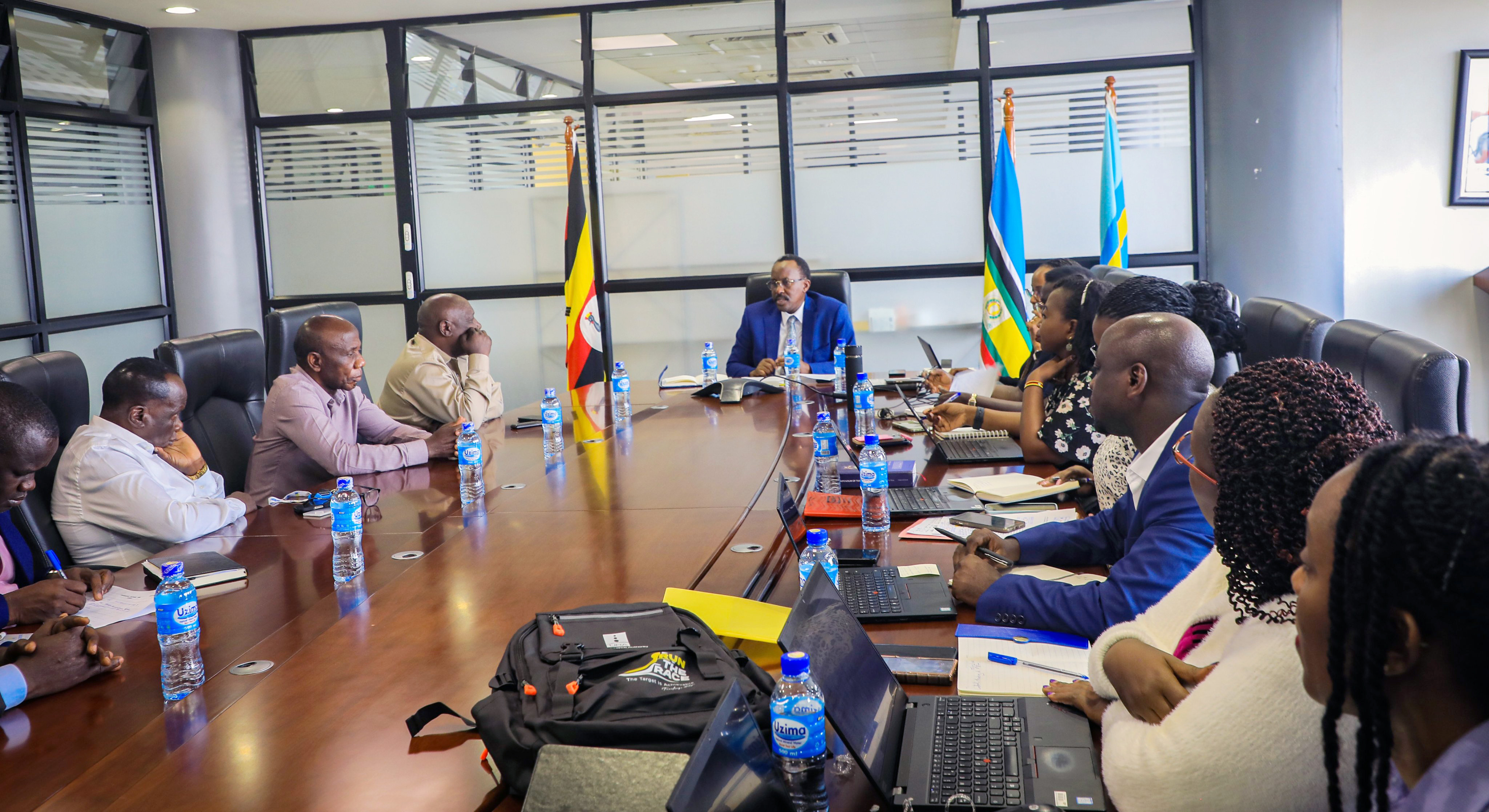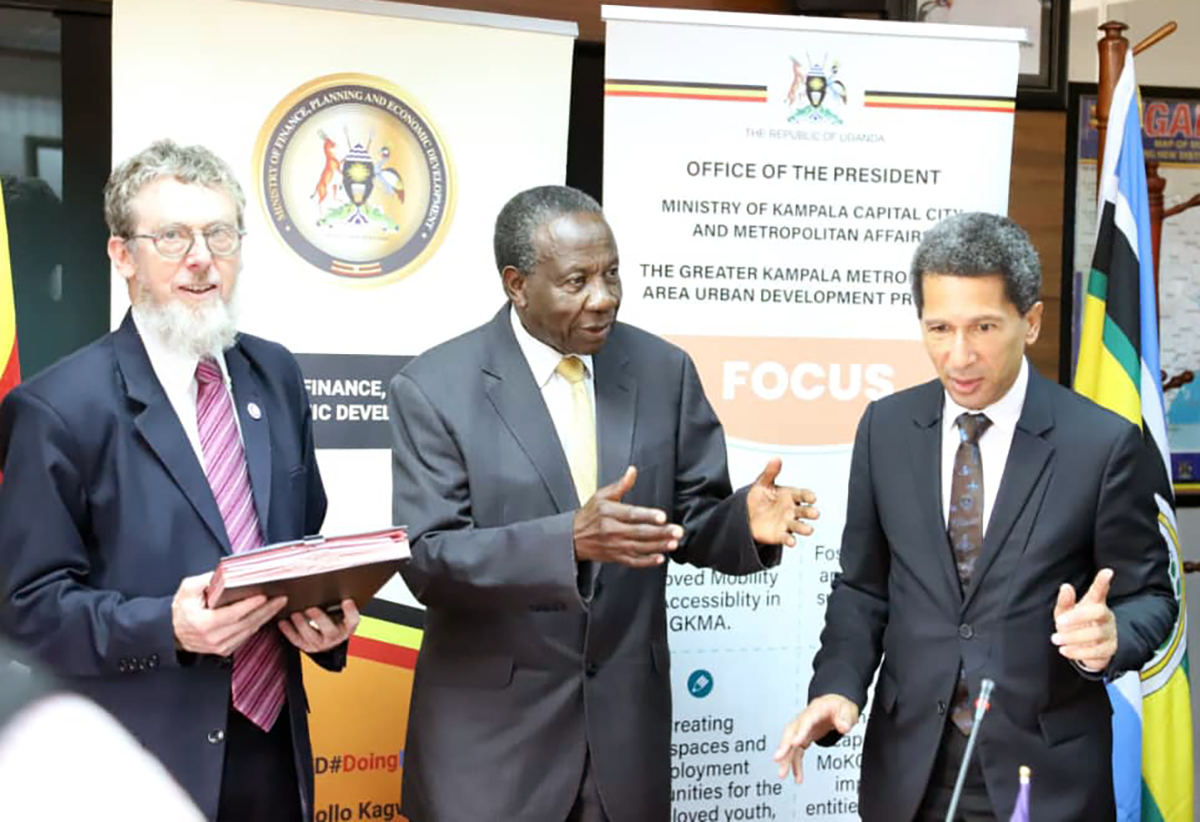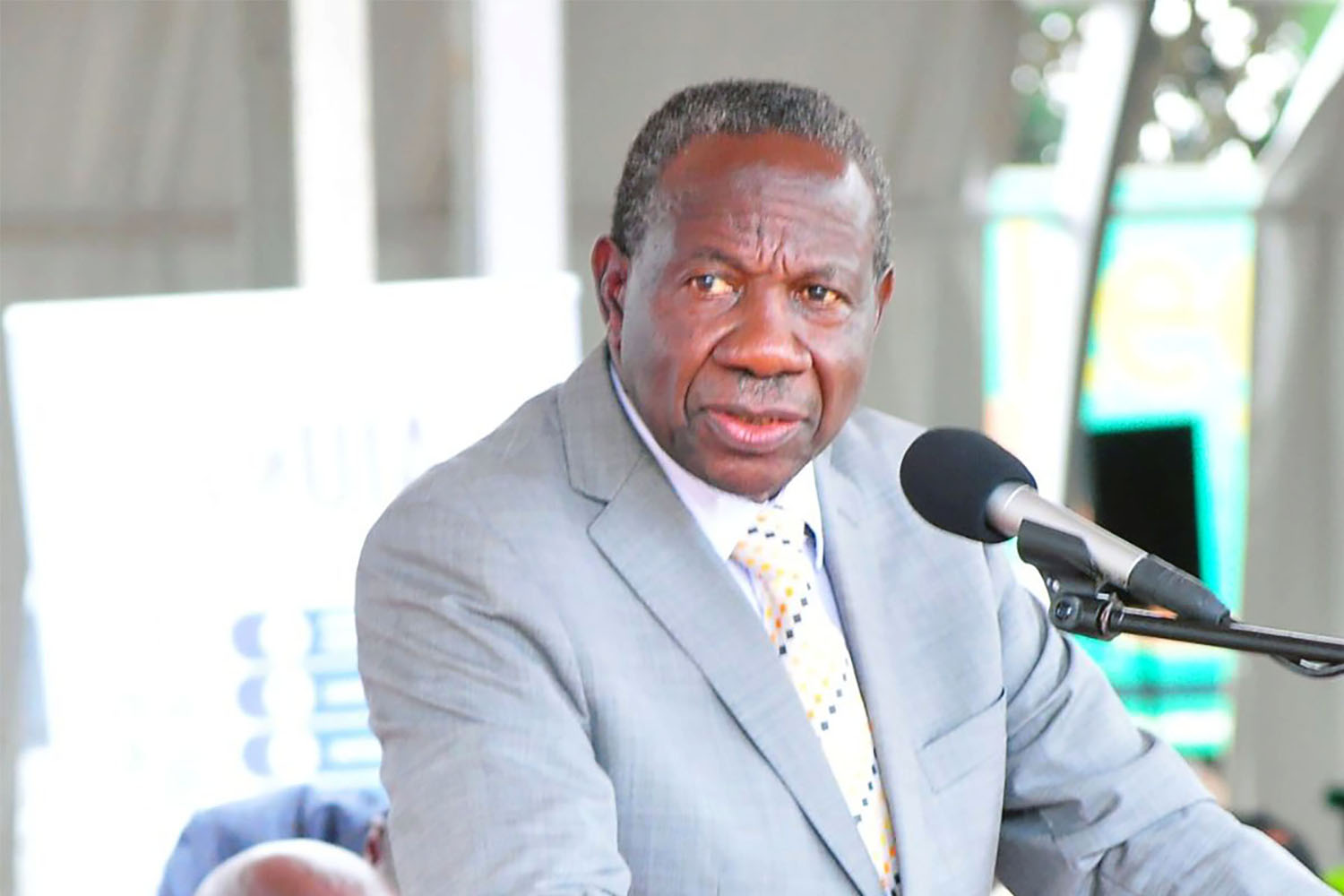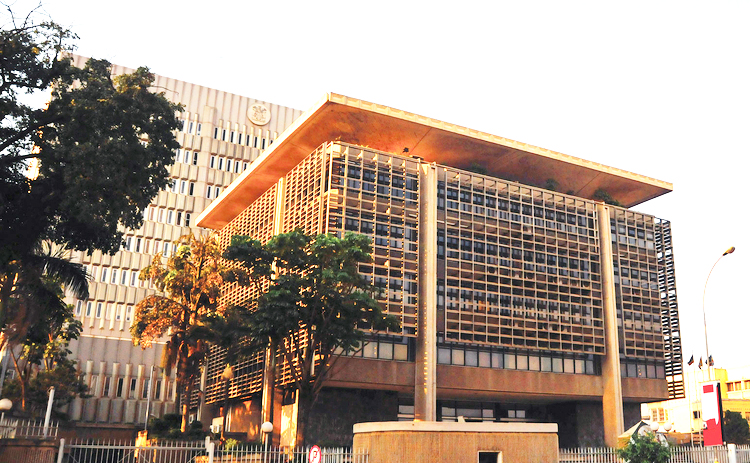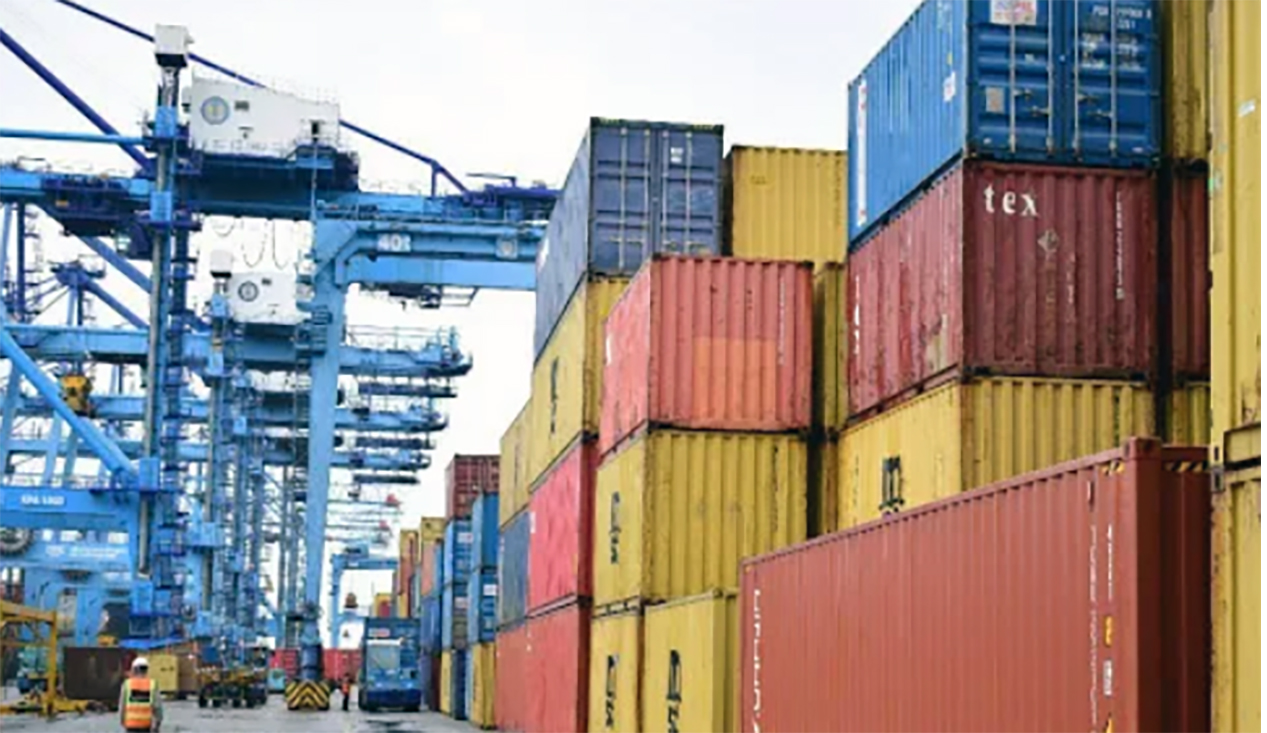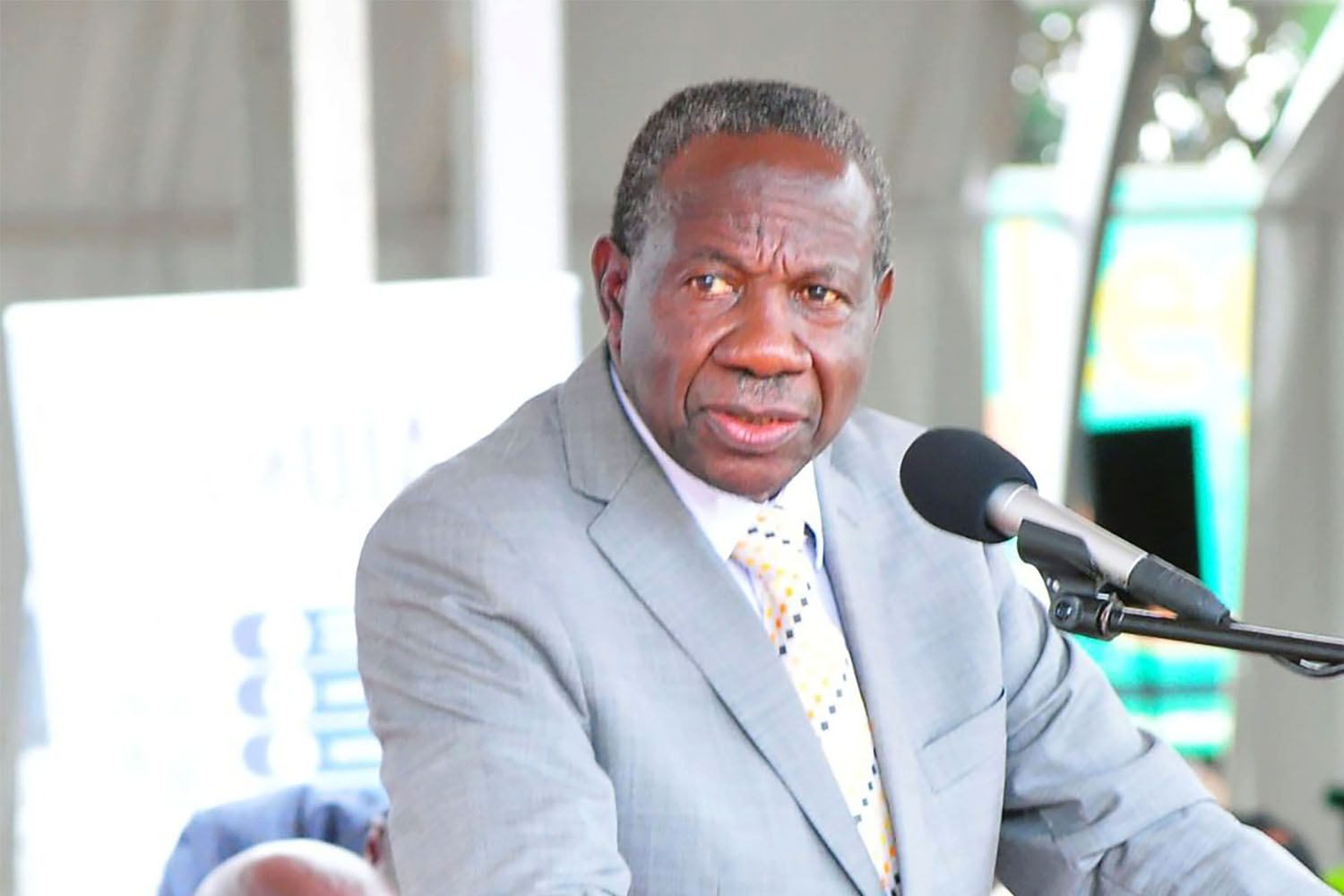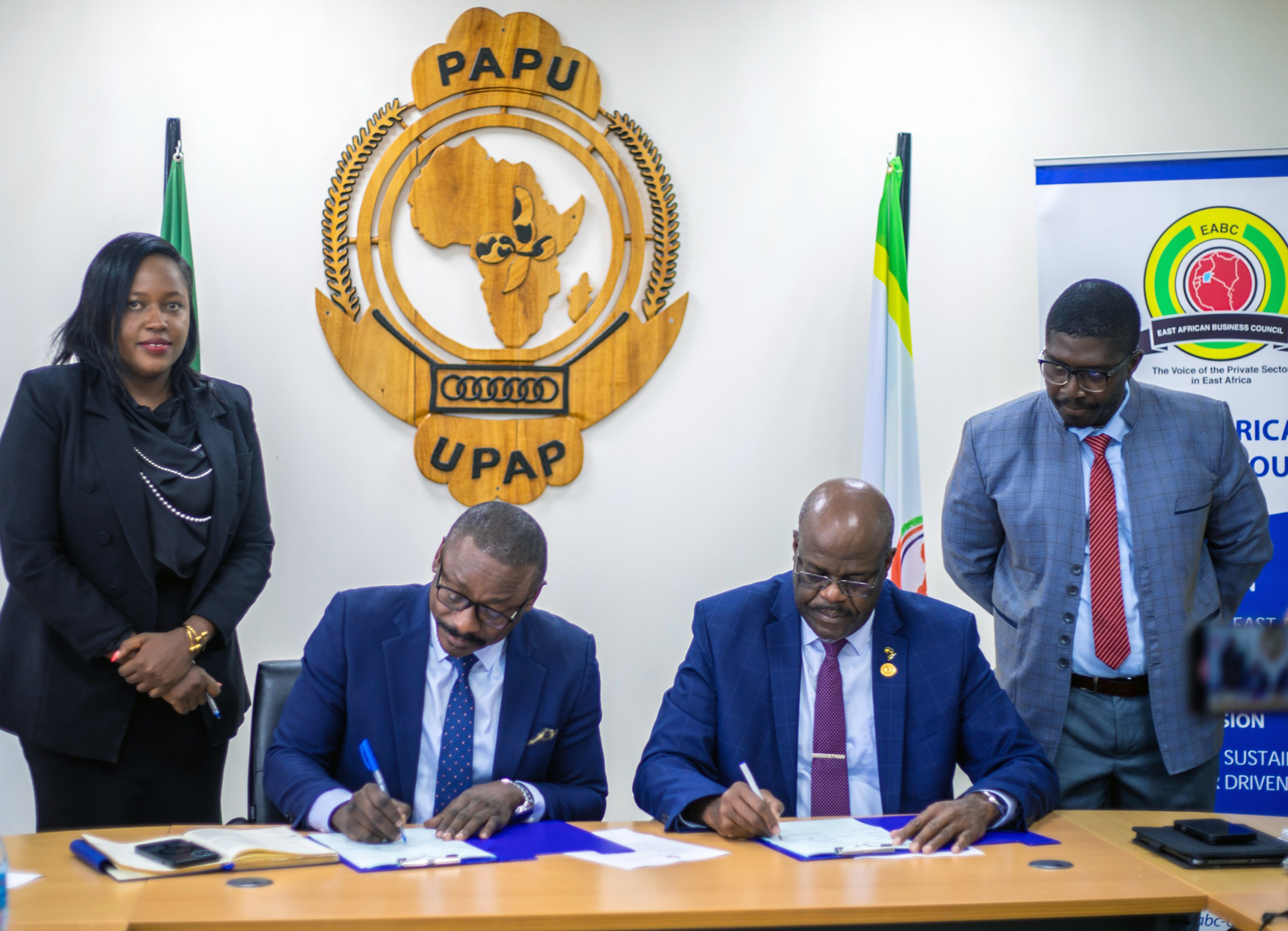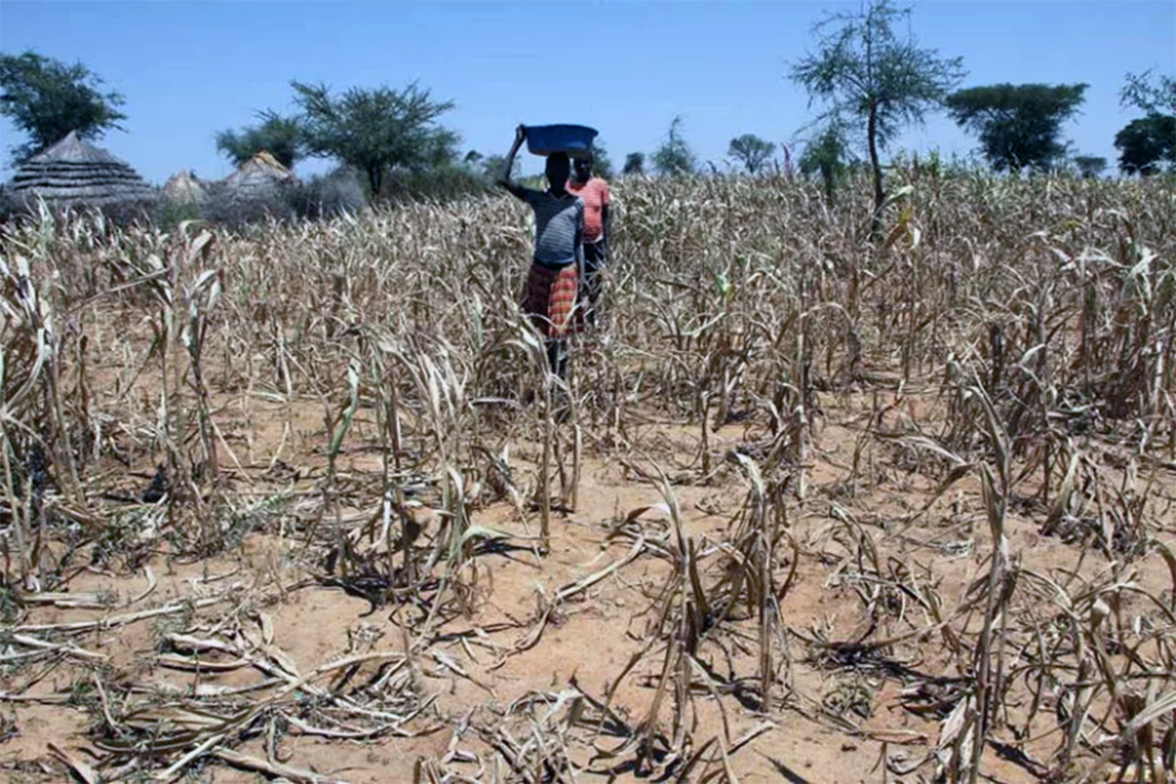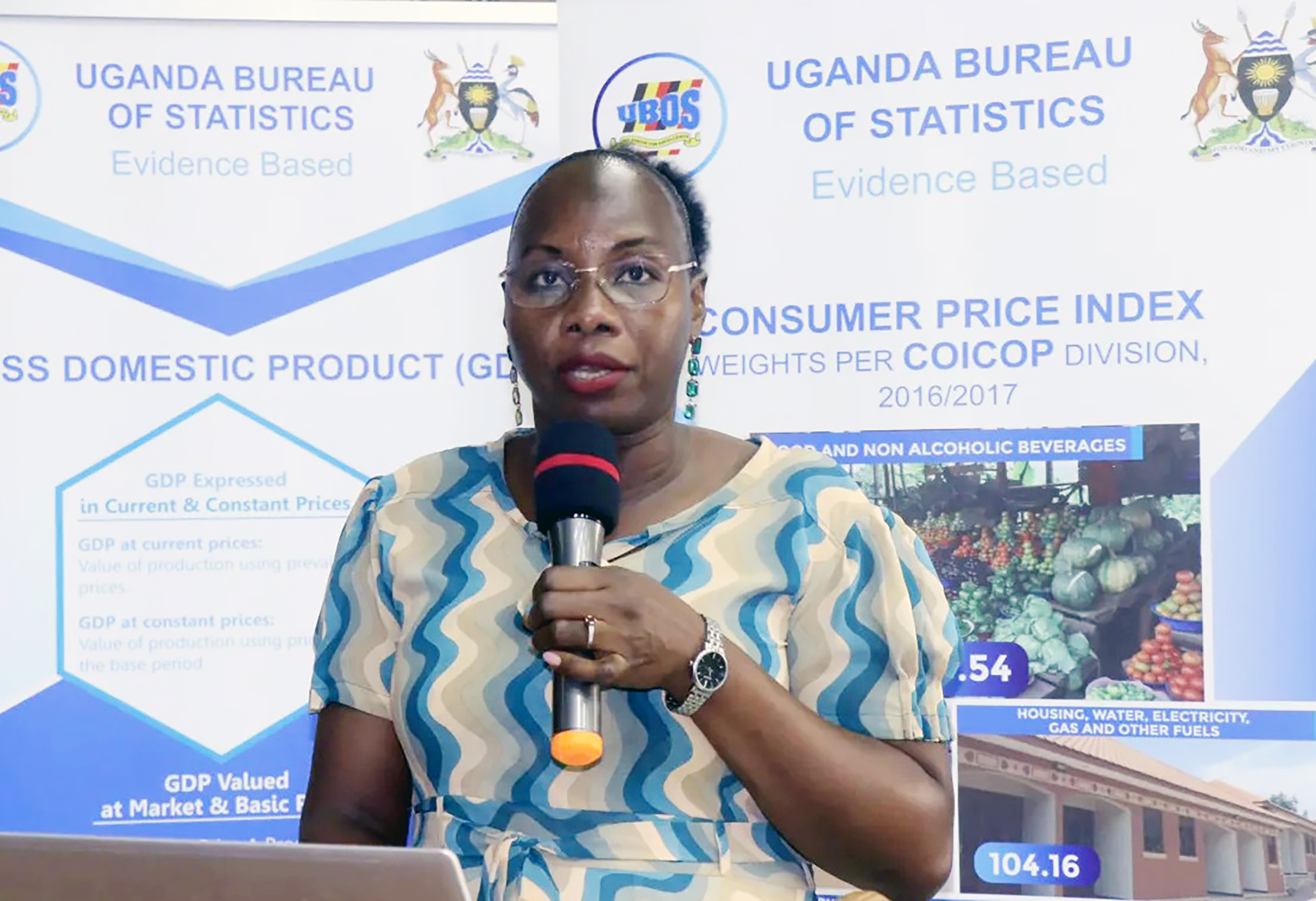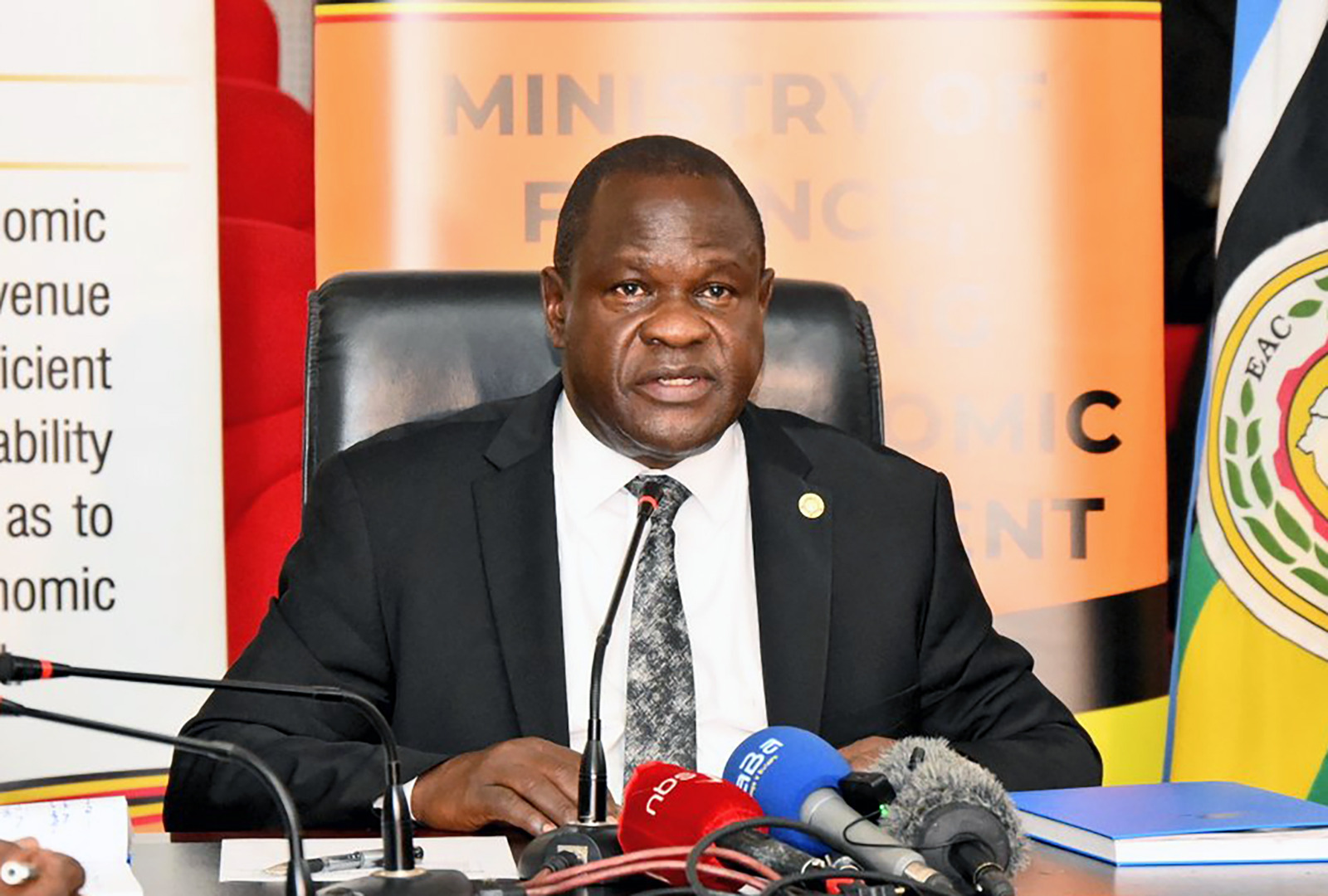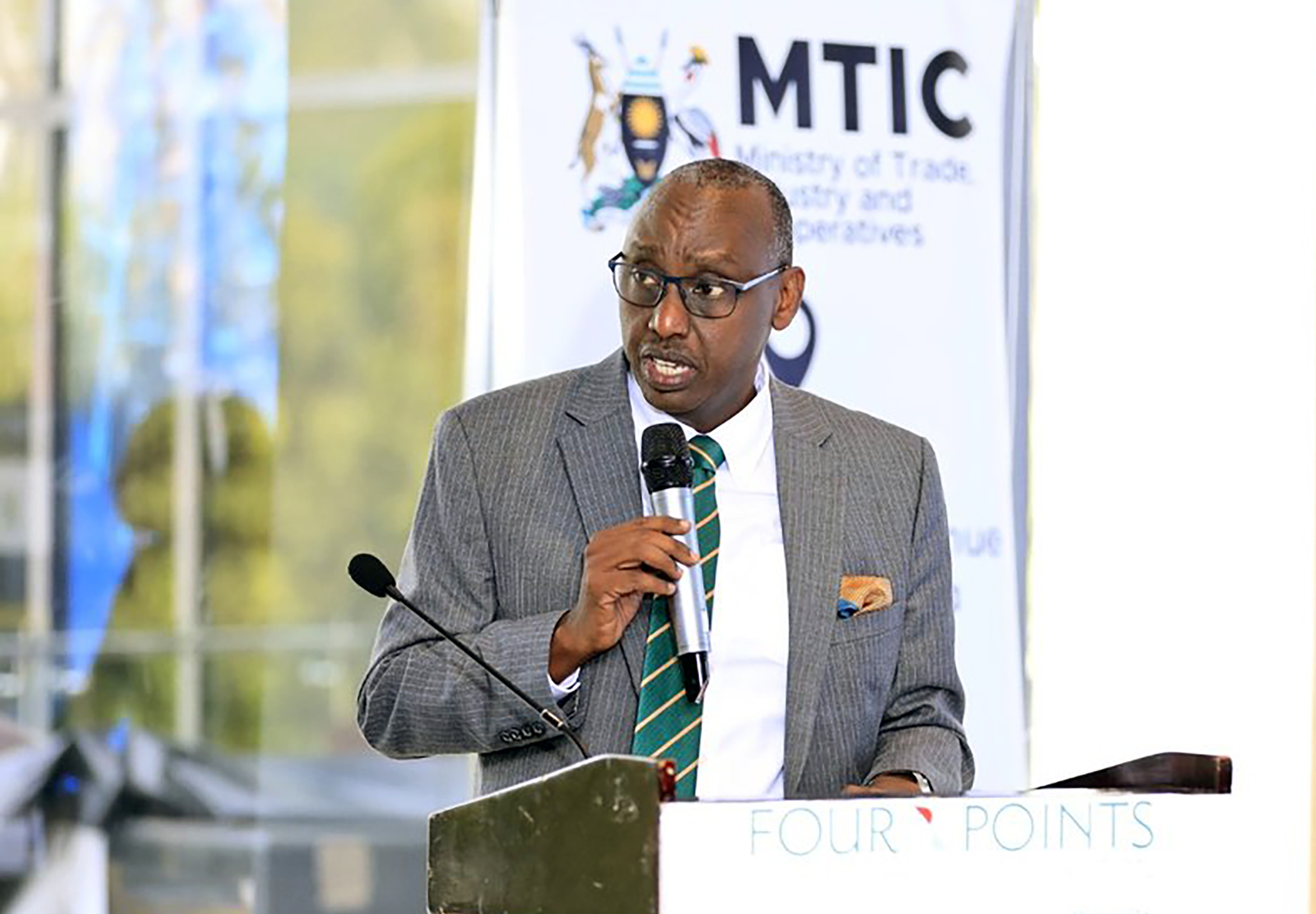Likely implications of Trump return for Africa
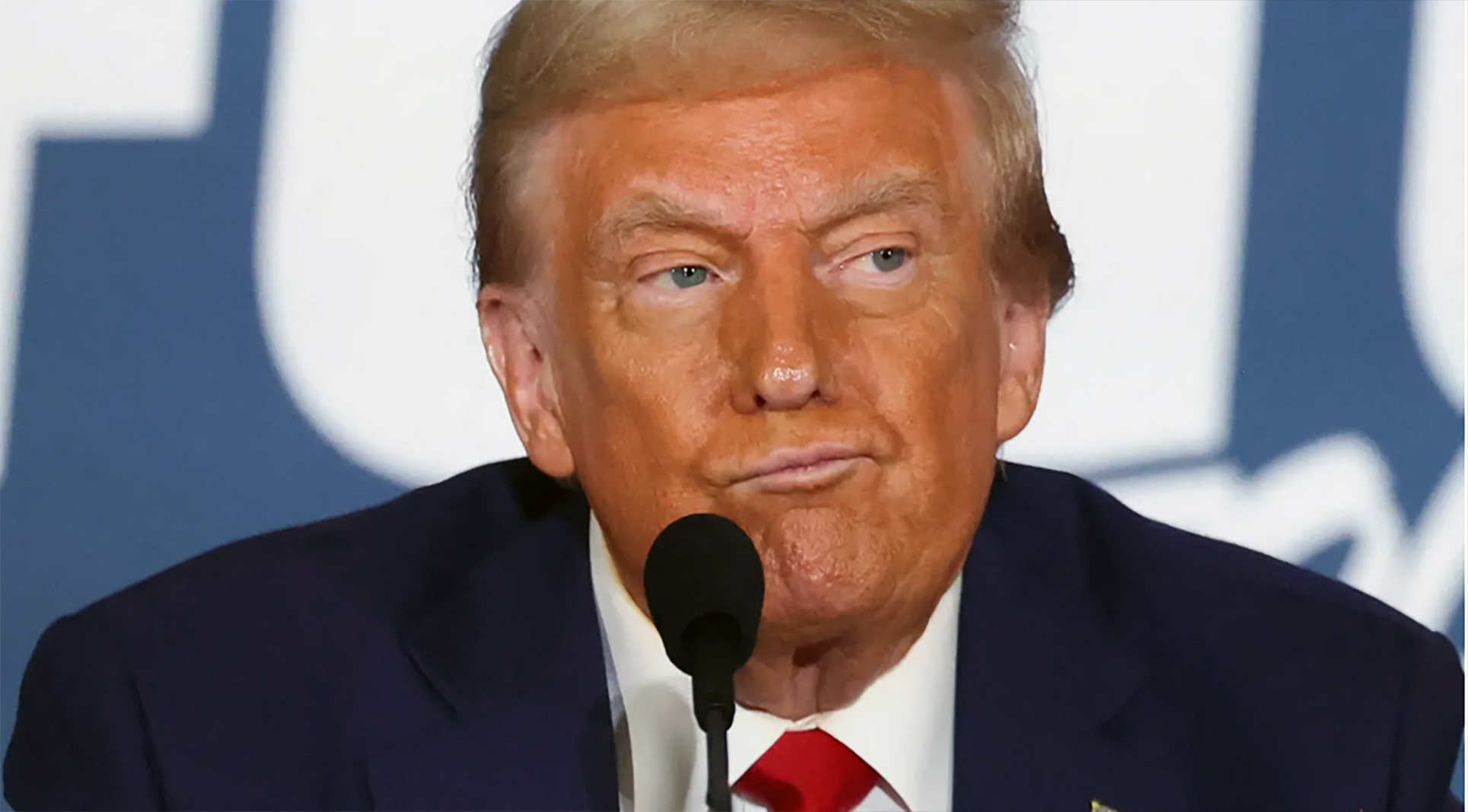
In his first term, President Trump was accused of neglecting Africa. NET PHOTO
Across Africa, Donald Trump’s forth-coming second term holds various implications for the continent and its development agenda. The United States remains an important partner in Africa’s growth. Through initiatives like the African Growth and Opportunity Act (AGOA) and the Millennium Challenge Corporation (MCC), the U.S. has sought to facilitate Africa’s integration into the global economy.
Additionally, the U.S. and its Western allies have had a significant influence on governance and democratic development across Africa. The democratization movements in many African countries during the early 1990s were partly fueled by strong pushes from the U.S. and its allies, who viewed bad governance and undemocratic regimes as key drivers of Africa’s political and economic challenges. The U.S. also hosts a large number of African migrants whose remittances are critical to economic growth and livelihoods back home. The African-American community plays an important bridging role in U.S.-Africa relations, and many African countries have sought to attract African-Americans to return and invest in the continent.
Beyond the direct relationship between the U.S. and Africa, the performance of the U.S. economy is crucial to developing markets like those in Africa. U.S. Federal Reserve policy decisions can significantly affect how African countries access international capital markets and service their dollar-denominated debts. Meanwhile, the U.S. military and intelligence agencies continue to play key roles in addressing insecurity in many parts of Africa, despite recent pushbacks in countries like Niger, Mali, and Burkina Faso.
- Indirectly, U.S. foreign policy elsewhere—including its approach to China and the Middle East—will affect global stability, which is essential for Africa’s development. It also influences the so-called "new scramble" for Africa among powers such as China, Russia, the U.S., and European nations.
A foreign policy shift under Trump, likely to emphasize an "America First" approach, could further fragment global markets. Such developments may accelerate the institutionalization and expansion of alternative global structures like BRICS, which challenge the U.S.-led world order. All of these changes will have significant consequences for Africa. In all fairness, a second Trump presidency presents mixed implications for Africa. Some of these implications are highlighted below.
1. Funding to Africa to remain consistent, but cuts likely in areas like Climate Change Financing
- During his first term, Trump was accused of neglecting Africa. However, despite this criticism, the U.S. still provided an annual average of $7-8 billion in funding to the continent. In comparison, the Biden administration promised to reset U.S.-African relations on a foundation of equal partnership, pledging around $55 billion in funding to Africa over three years, beginning in 2022.


However, a recent U.S. Congressional Research Service report (November 7, 2023) on non-humanitarian State Department and USAID assistance to Africa showed that, despite Biden’s more friendly African foreign policy posture, U.S. funding to the continent remains within the $7-8 billion range annually. Therefore, it is likely that funding under a second Trump presidency will remain consistent with this trend. However, areas like climate change financing may face cuts, as the Trump administration is likely to scale back on many of the Biden-era commitments related to climate funding. The Biden administration’s plan to increase aid under the $55 billion initiative may not materialize, as Trump and the Republican Party will likely reprioritize funding areas according to their own strategic interests.
2. Trade and investment present an uncertain and complicated dynamic
Trade and investment are areas where Trump presents a more complex and uncertain dynamic for Africa. While U.S.-Africa trade and investment relations had advanced during Biden’s term, these gains may face setbacks under Trump, who is likely to focus on areas that align with his "America First" approach to foreign policy. As a result, efforts by the Biden administration to enhance trade and investment with Africa could be watered down or reversed.
This creates a mixed picture for the continent, with countries that align with U.S. strategic interests likely to be prioritized over others. With the current AGOA set to expire in September 2025, its future is uncertain, adding further complexity to trade relations. Trump may use the renegotiation of AGOA to advance U.S. strategic interests on the continent. Additionally, the implementation of the African Continental Free Trade Area (AfCFTA) could complicate matters for the Trump administration. A successful AfCFTA could make the African market strategically important to the U.S., especially if the trade war with China intensifies.
- 3. Uncertainty in U.S. role promoting Good Governance and Democracy
- There is little doubt that the U.S. has been a leading force in promoting governance and democratic reforms in Africa since the fall of the Berlin Wall and the end of the Cold War. Under the Biden administration, the U.S. has used a combination of aid, sanctions, and diplomatic pressure to address democratic backsliding across the continent.
Despite Biden’s ideological commitment to democracy, there were occasions when American interests took precedence over promoting democratic values. For example, the Biden administration took over three months to recognize the military coup in Niger in 2023, which led to the suspension of military aid in accordance with U.S. law.
A second Trump administration is likely to further prioritize U.S. national security interests over ideological promotion of democracy. Trump could use the waiver provision in the 2023 Consolidated Appropriations Act to engage military regimes that align with U.S. interests. This would likely lead to more inconsistent U.S. engagement in Africa, with a more pragmatic, interest-driven approach replacing the promotion of democracy and good governance. This could make efforts to consolidate democracies in Africa more challenging, especially in light of the current backsliding in several countries.
[Ishmael Kwabla Hlovor, PhD, is a lecturer at the University of Education, Winneba, Ghana. Read full story here: https://www.myjoyonline.com/the-return-of-trump-and-its-implications-for-africa/]


.jpeg)


